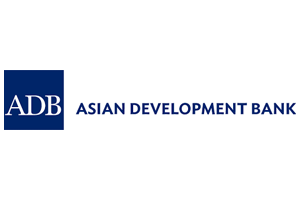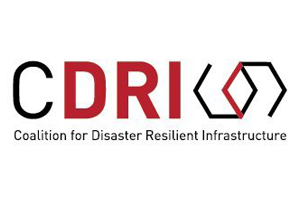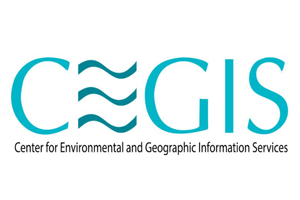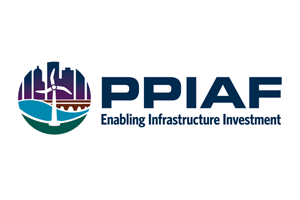Infrastructure and NBS
The infrastructure gap presents a challenge for countries and people – but it also provides an opportunity to mainstream climate change through all new infrastructure planning and investments going forward. In addition to financing resilient infrastructure assets, it is increasingly important for countries to ensure that investments translate into resilient and equitable infrastructure services.
Our Infrastructure and Nature-Based Solutions (NBS) Program works across three business lines to help countries assess, plan and finance climate-resilient infrastructure investments:
Contact Information
For more information on this program, or to get involved, please contact:

Adele Cadario
Program Lead, Infrastructure & Nature-Based Solutions
infrastructure@gca.org
Goal for 2025
Reduce climate risks for 100 million people by systematically mainstreaming climate resilience and integrating nature-based solutions into infrastructure planning, financing, design, operations, and maintenance to ensure new and existing infrastructure is climate-resilient.
The cost of climate change on infrastructure is incurred through direct damages to physical assets as well as indirect damages from disruptions to social and economic services delivered through physical assets.
GCA produces high-resolution climate risk analytics to understand the exposure of physical assets to climate change and related hazards, and then translates this exposure into operational metrics that can be used to quantify the risk for infrastructure investments. Combining state-of-the-art analytical tools, engineering expertise, global best practices, and lessons learned from countries that have already addressed climate risk in similar assets, we help identify and prioritize adaptation solutions into infrastructure investments in a participatory environment, promoting climate risk dialogues with key stakeholders in the country.
Nature-Based Solutions play a key role in enhancing the resilience of infrastructure systems. The investment case for adaptation solutions rests on whether the net-economic and financial return of the investment justifies the cost of implementation. Our goal is to develop specific analytical work that advances the scalability of Nature-Based Solutions for climate-resilient infrastructure systems all over the world.
While climate-proofing infrastructure assets is critical, countries also need to prioritize and sequence investments to allocate limited budgets effectively towards protecting existing infrastructure assets and ensuring that new assets are designed to be climate resilient. Prioritizing adaptation needs at a national scale is critical because countries cannot finance the cost of climate-proofing all infrastructure assets all at once.
GCA helps countries stress-test national infrastructure networks to quantify the consequences of exposure to climate risk through direct damages and indirect disruptions to services. The analysis of indirect disruptions includes a focus on women and vulnerable communities, who are affected by the disruption in infrastructure services in distinct ways. This analysis helps countries prioritize adaptation investments and influences the country investment pipelines of International Finance Institutions and other financing partners.
We have developed the roadmap for resilient infrastructure in Ghana, and we are scaling it up in Bangladesh, Kenya and Senegal through national university partners to ensure the technical capacity for this analysis is embedded within the countries. The national stress tests will also support the design and implementation of the International Monetary Fund’s Resilience and Sustainability Trust in selected countries.
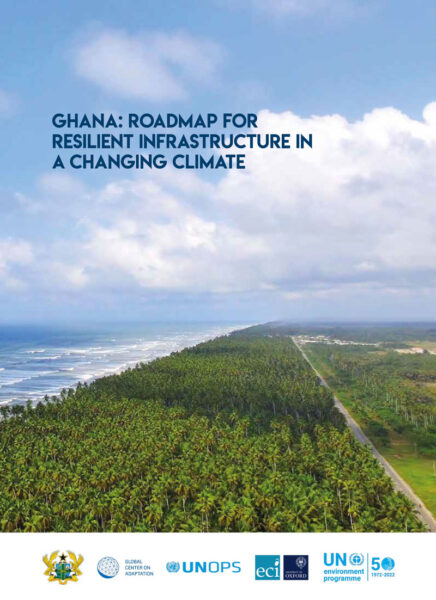
Ghana: Roadmap for Resilient Infrastructure in a Changing Climate
The proposed 35 prioritized adaptation options provide opportunities for funders and investors to invest in Ghana’s future, offering impactful, evidence-based adaptation projects and enabling environment interventions backed by robust research and analysis.
Public-Private Partnerships (PPPs) are a key entry point for integrating climate adaptation and resilience into infrastructure projects. However, governments and practitioners lack the information to bring knowledge on PPPs and climate risks together to inform their projects.
The Masterclass aims to build the upstream capacity of practitioners to integrate climate resilience into infrastructure PPPs by identifying key entry points across the PPP project cycle for integrating resilience and providing tools and knowledge for practitioners. Masterclasses support capacity building in our projects, such as the African Development Bank-financed Uganda Rail Project and the Desert to Power Initiative. The delivery of Masterclasses is embedded through national university partners.
The Masterclass is a key component of the Knowledge Module on PPPs for Climate Resilient Infrastructure, developed by GCA together with the World Bank Group, African Development Bank, European Bank for Reconstruction and Development, European Investment Bank, Asian Infrastructure Investment Bank, Asian Development Bank, Islamic Development Bank, Inter-American Development Bank, and other technical partners. Designed to build the capacity of PPP practitioners to mainstream adaptation and resilience into infrastructure PPP projects, the Knowledge Module also includes the Climate Resilient Infrastructure Handbook and the Certified Climate-Resilient Infrastructure Officer (CRIO) program.
We are providing upstream technical assistance and capacity-building programs in Africa and Bangladesh to integrate adaptation and resilience into PPP projects and transfer knowledge. This will drive long-term change in the systems that design and finance infrastructure investments.
Projects
No posts found
News
Blog
Videos
Technical and Whitepapers
Technical Brief on Resilient Solar Panels in Africa
This technical brief examines the critical intersection of Africa’s growing solar PV investments and climate resilience. With nearly 600 million people in Sub-Saharan Africa lacking electricity access and solar PV investments reaching $36.6 billion in 2023, the continent faces both enormous opportunity and significant climate-related risks to energy infrastructure.
13 November 2025
Compendium on Nature-Based Solutions for Urban Resilience In Bangladesh
The compendium on nature-based solutions (NbS) focuses on showcasing locally led initiatives undertaken by various urban actors, categorised as NbS cases across the cities of Bangladesh.
30 April 2025
Climate-Resilient Infrastructure Officer Handbook
Public-Private Partnerships (PPPs) are a key entry point to integrate climate adaptation and resilience into infrastructure projects and address climate change impacts. Yet, while there is a strong body of knowledge on guidance for PPPs and literature on climate risks, resilience, and infrastructure, countries lack information on how to bring those two fields together.
Events
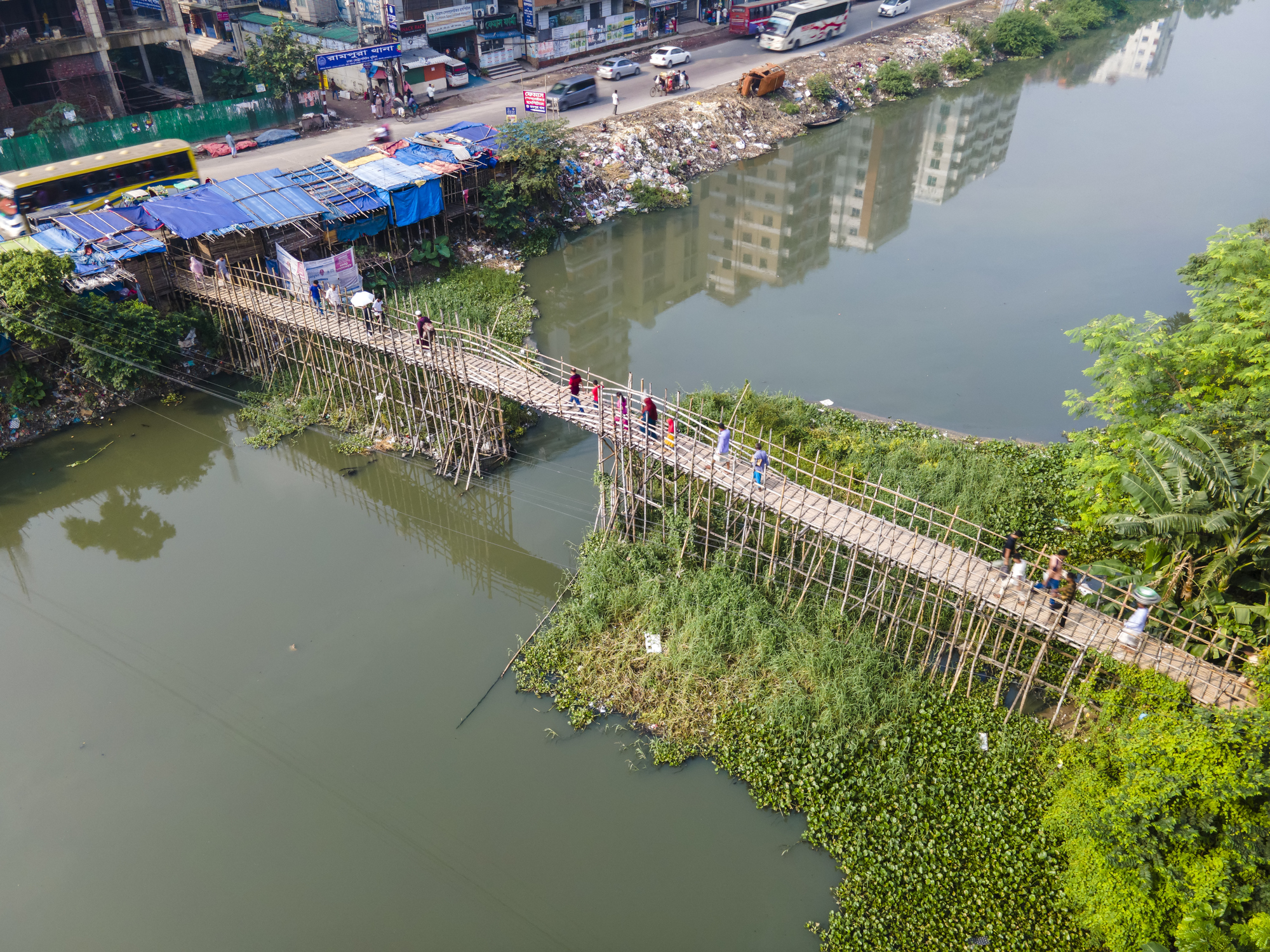
Knowledge Sharing and Policy Dialogue: Comprehensive Guide on Designing Gender-Responsive Infrastructure in the Context of Climate Change Adaptation
29 January 2026
Nazia-Salma Conference Room, Building-4, Planning Commission, Dhaka
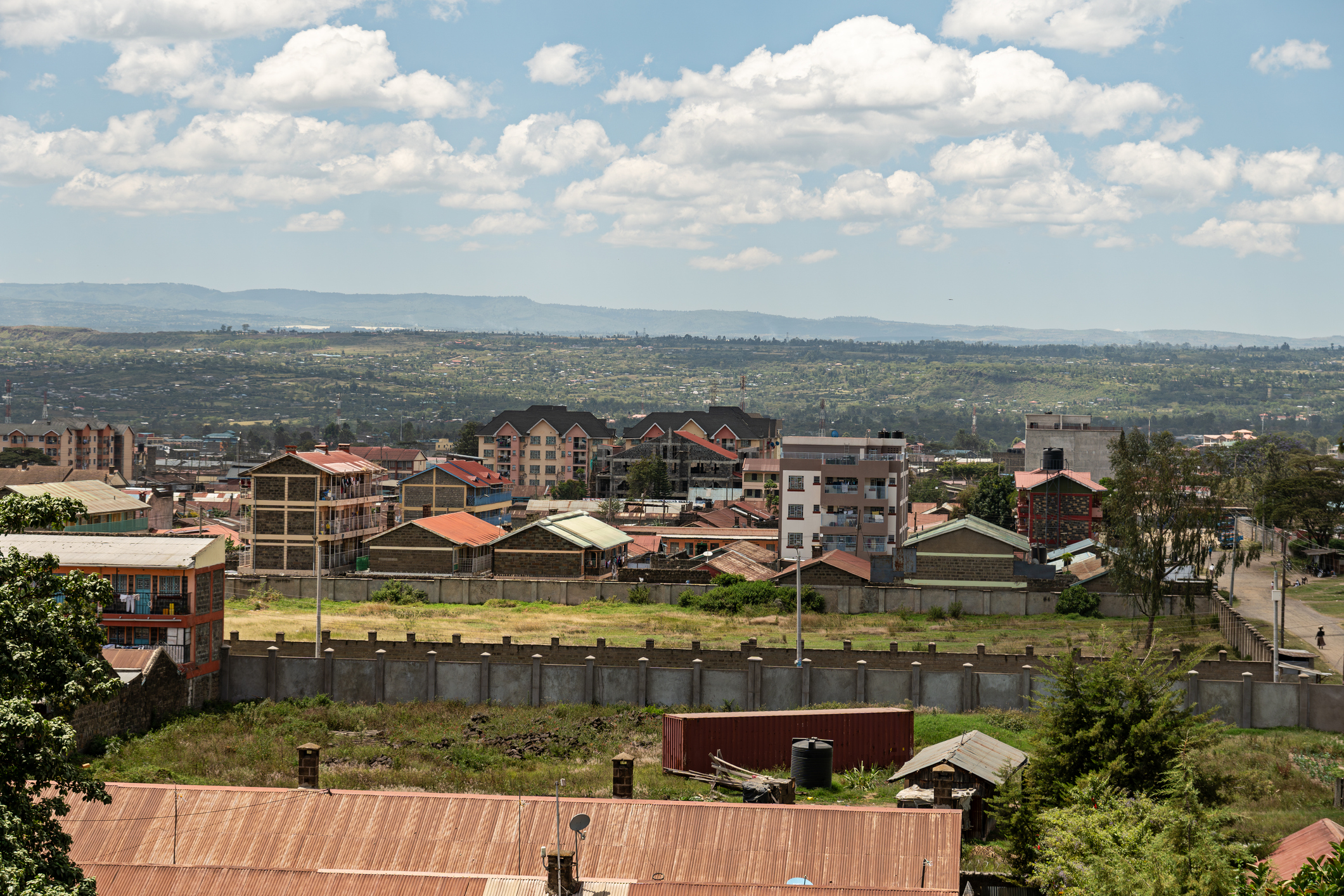
Climate Risks and Adaptation Options Stakeholder Consultation for the Naivasha Bulk Water Supply and Sanitation PPP Project
27 January 2026
Online

Climate-Resilient Health Systems for Sustained Value Chains, Healthcare Access and Services
22 January 2026
Zoom
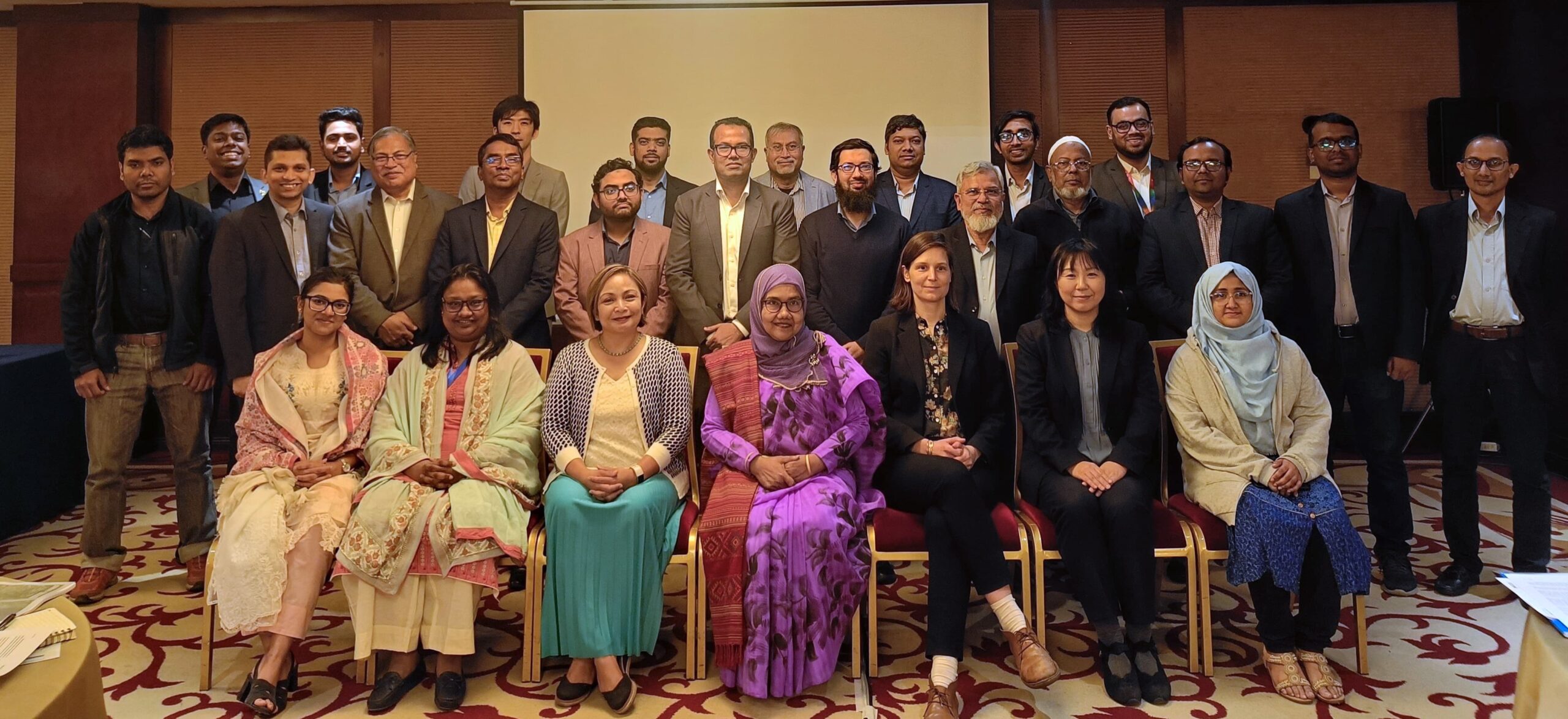
Roundtable Discussion #2: Bridging Infrastructure, Food Systems and Finance for Climate Resilience
21 January 2026
Six Seasons Hotel, House 19, Road 96, Gulshan 2, Dhaka-1212
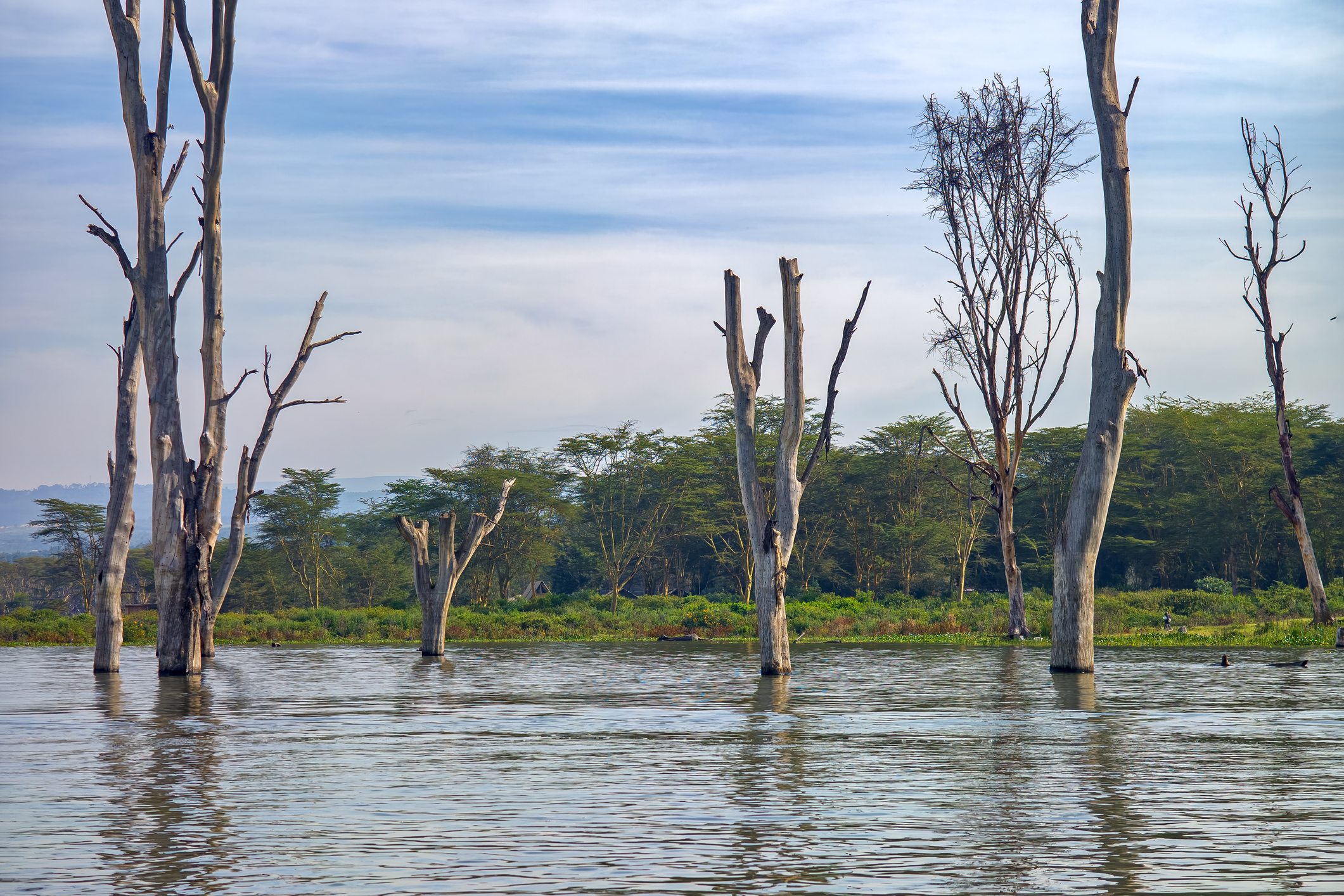
GCA Second Practical Capacity Building Sessions for Kenyan Water Sector Stakeholders
20 January 2026
Online
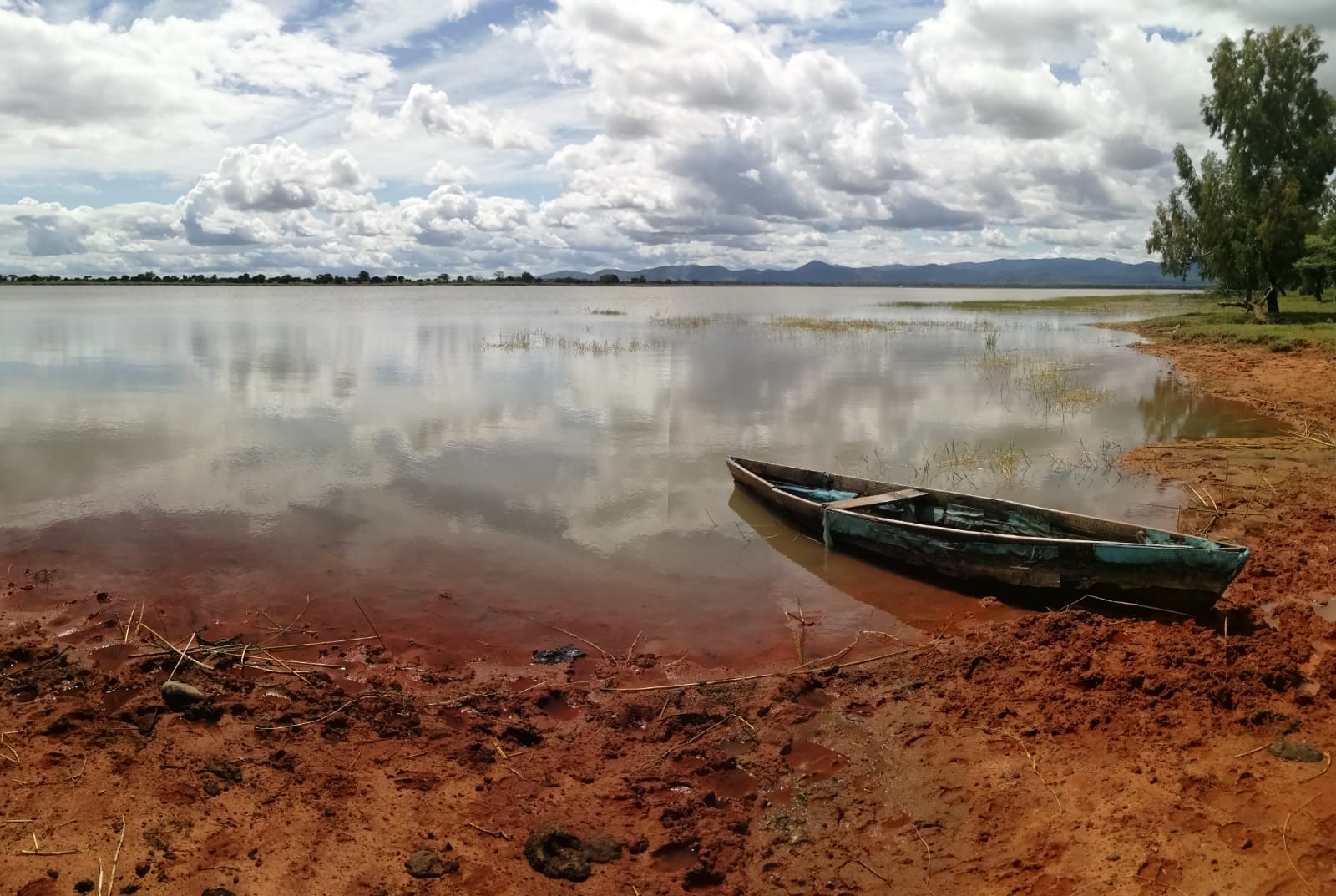
Nature-Based Solutions (NbS) as Catalysers for Climate Adaptation: GCA Webinar Series on Adaptation Insights
15 January 2026
Zoom
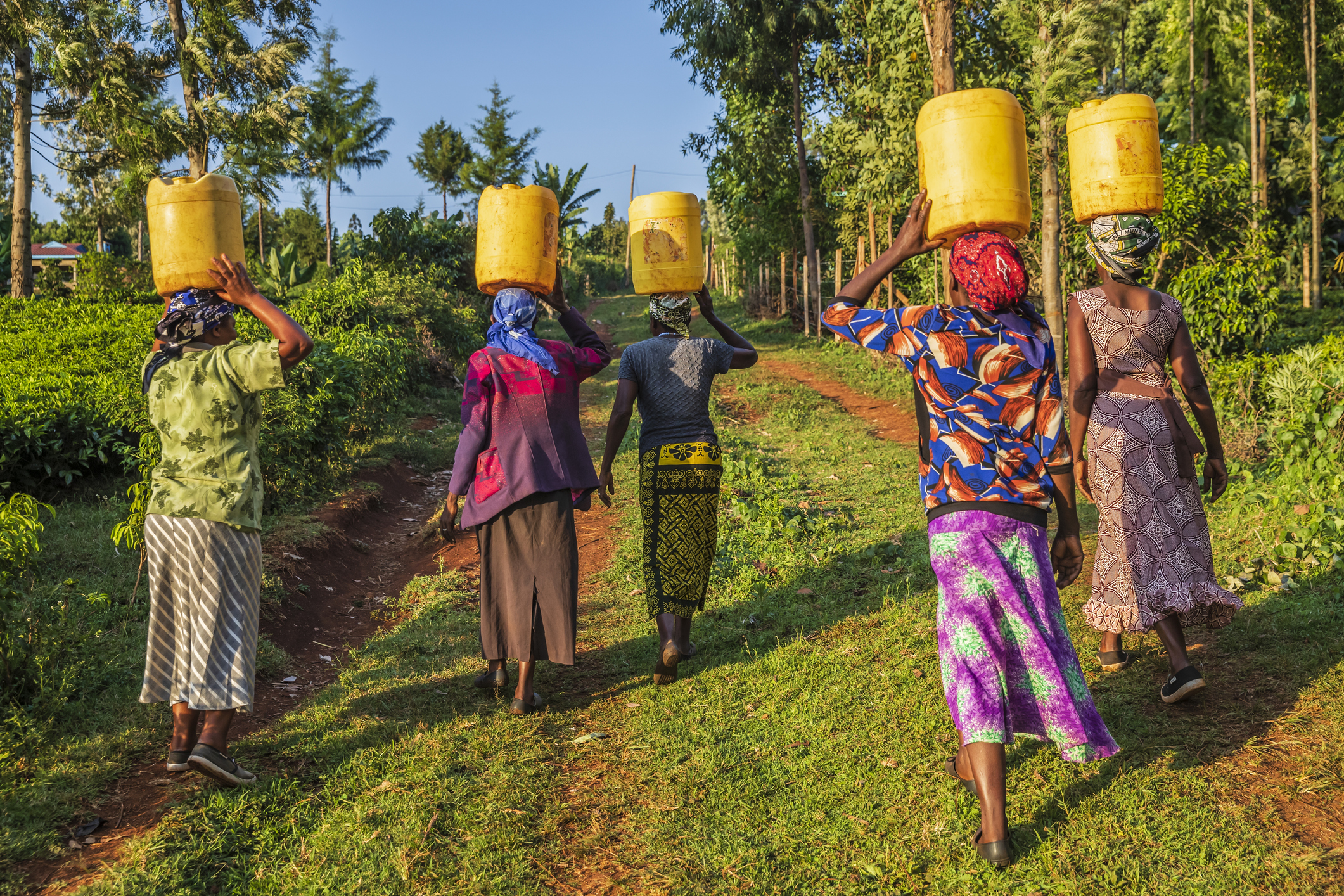
GCA practical capacity building sessions for Kenyan Water Sector Stakeholders
16 December 2025
Nairobi, Kenya
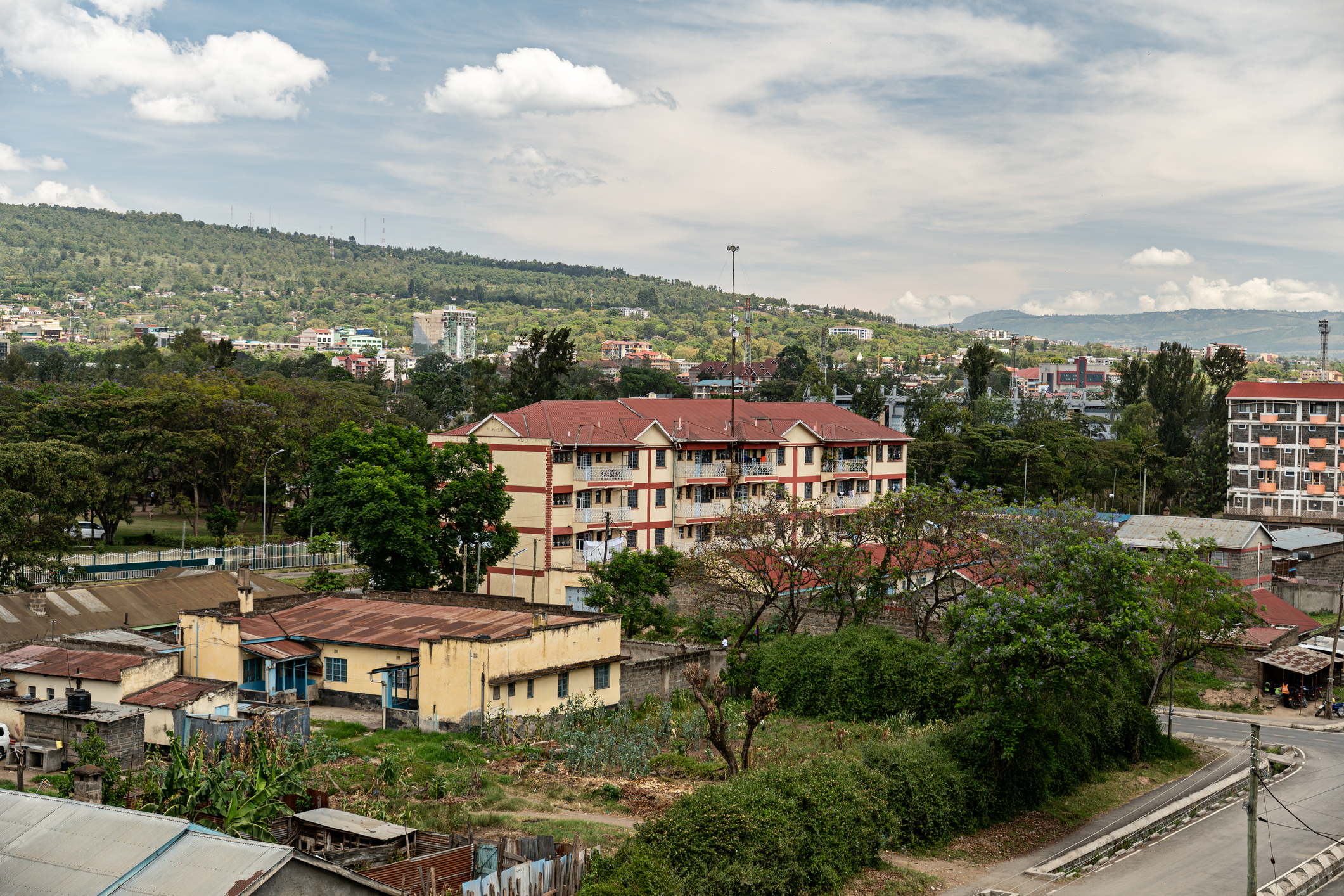
Stakeholder Consultation: MoWSI Climate Resilient Kenya Naivasha Bulk Water Supply and Wastewater Infrastructure PPP project
9 December 2025
Online
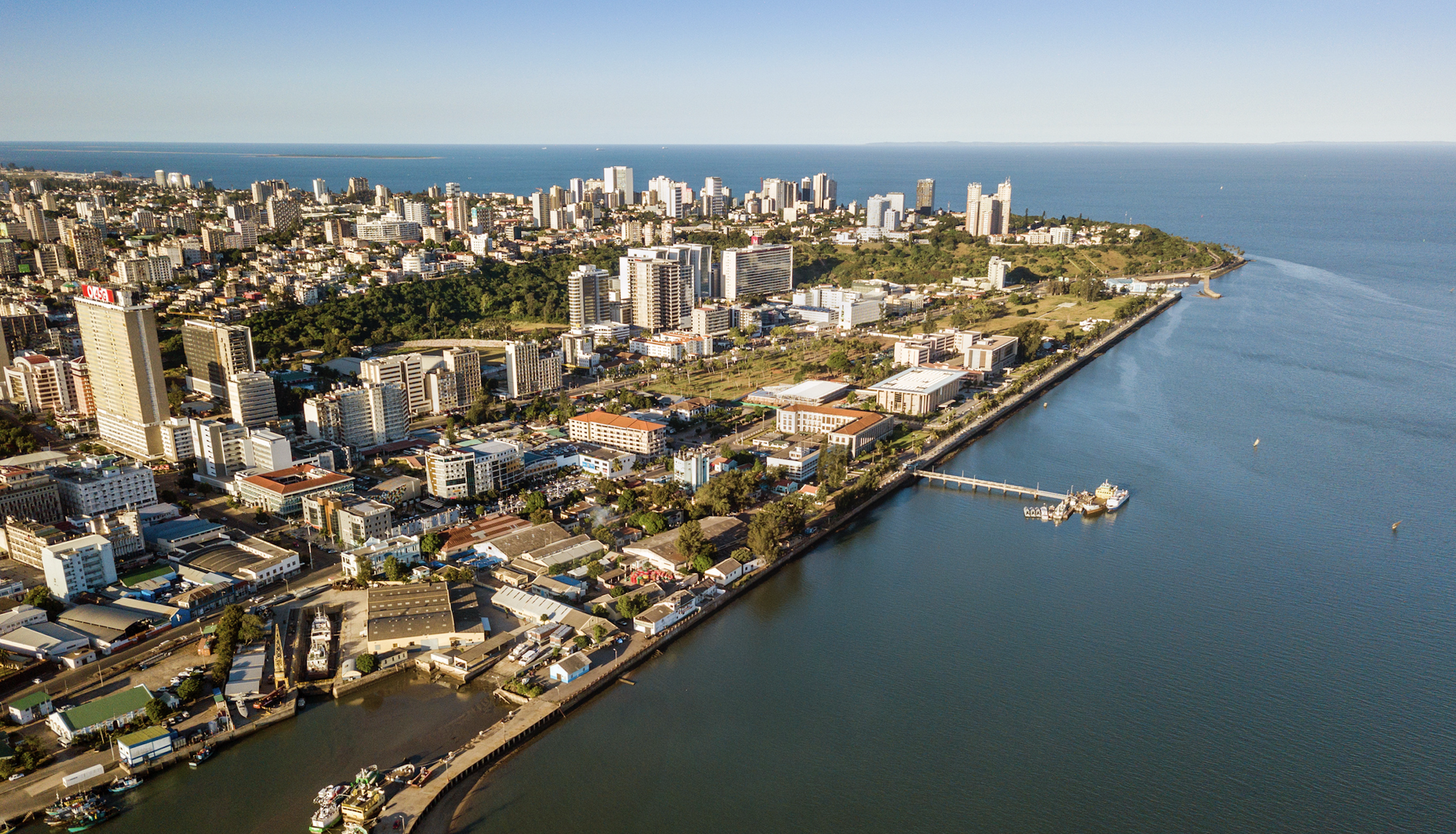
Mozambique: Masterclass on Climate Resilient Infrastructure Public-Private Partnerships
8 December 2025
Maputo, Mozambique
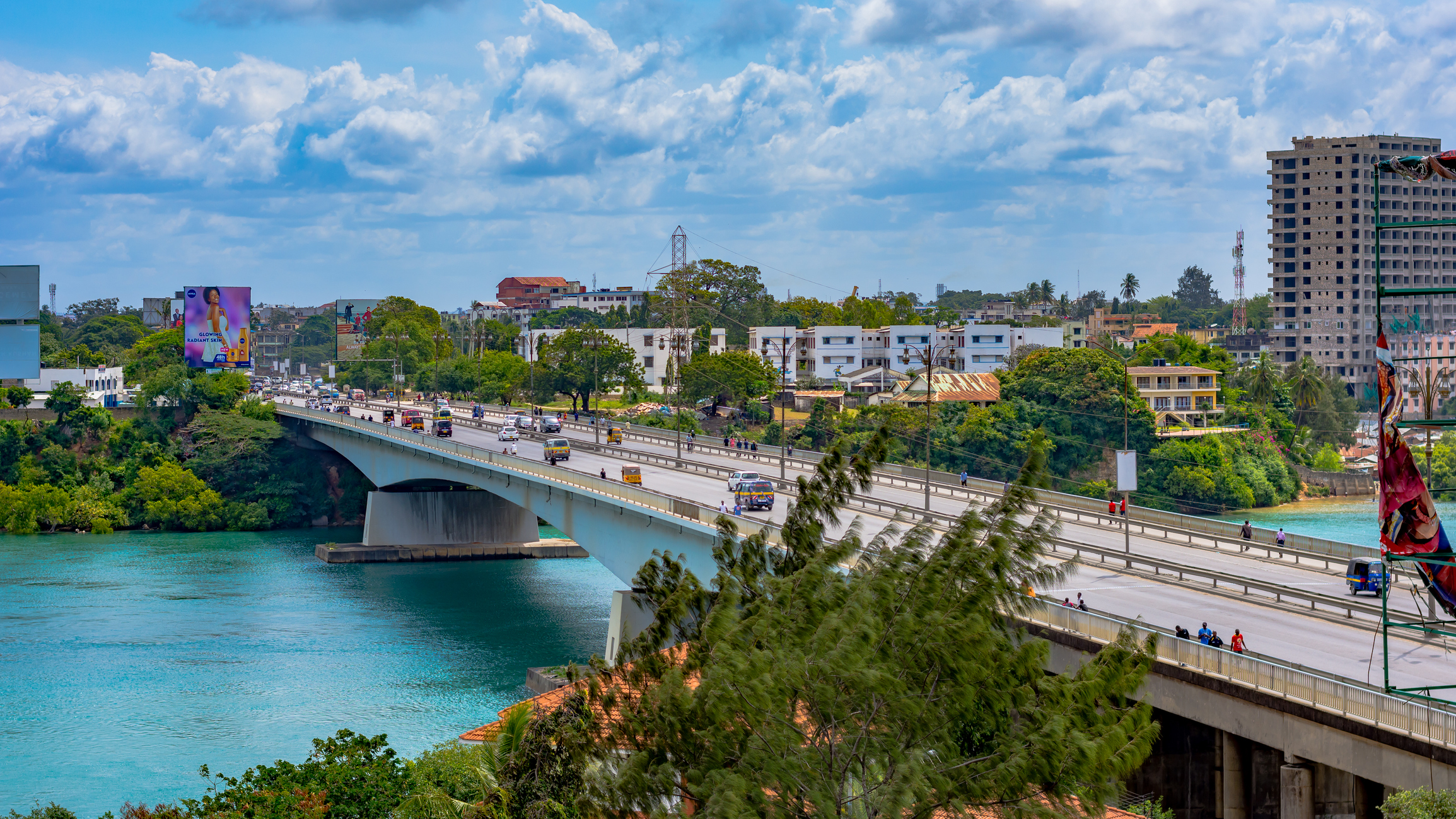
From Roadmap to Investment: Investors Consultation on Mobilizing Finance For Climate-resilient Infrastructure in Kenya
5 December 2025
Kenya School of Government, Nairobi
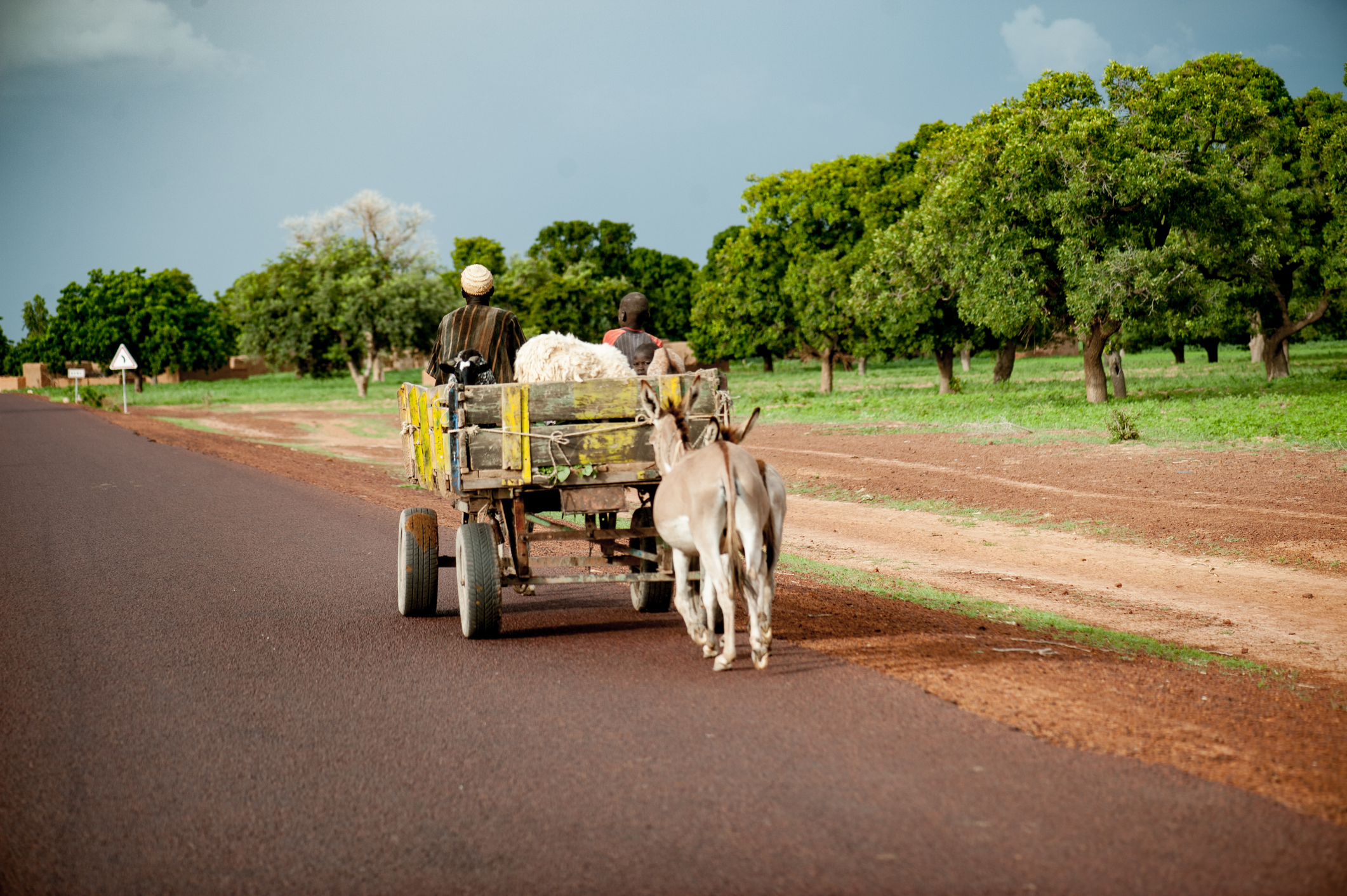
Stakeholder Consultation: World Bank Mali Connectivity and Road Resilience Project
3 December 2025
Virtual
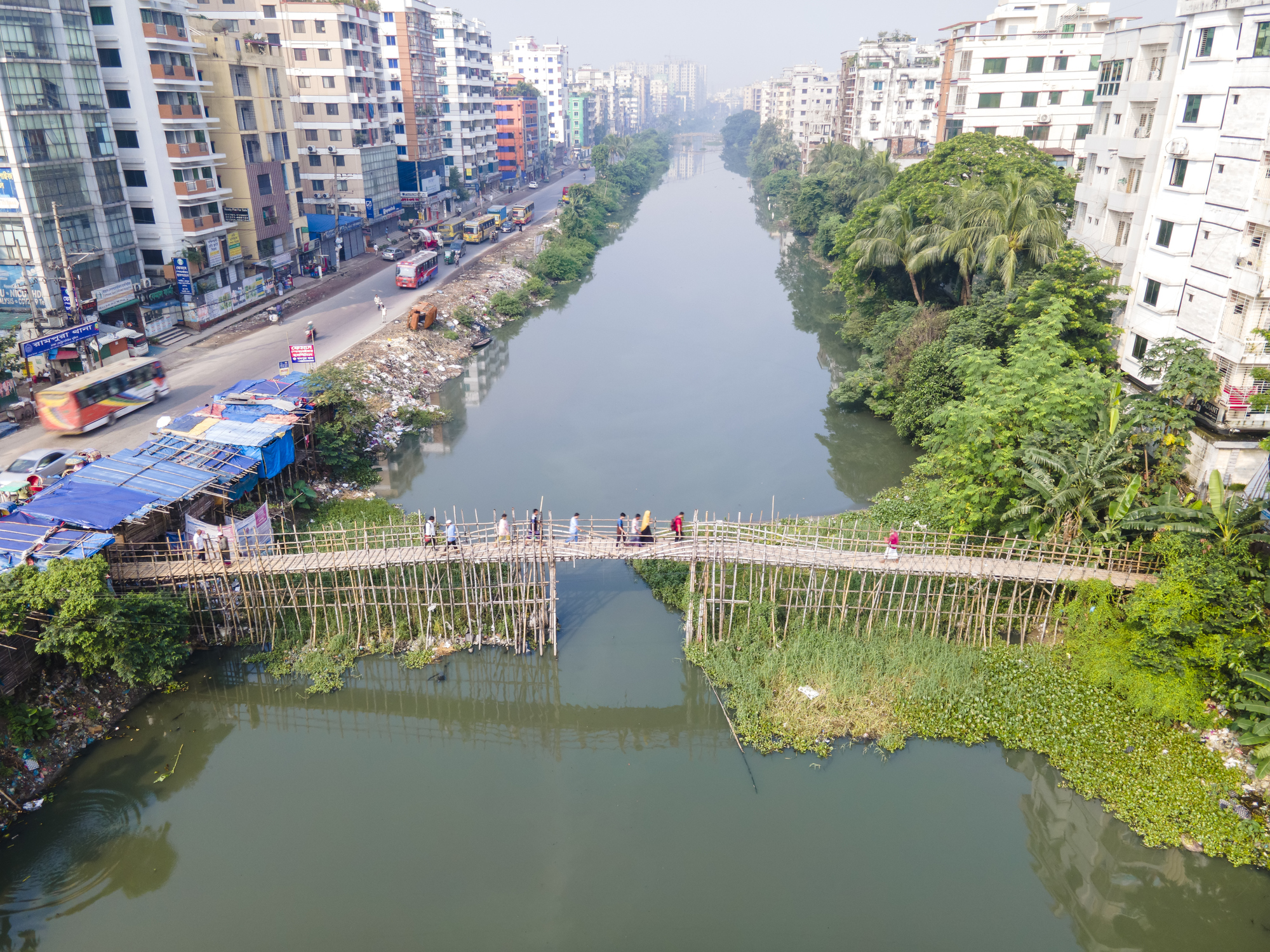
Pathways to Implementing the National Roadmap and Global Tools for NbS
3 December 2025
Six Seasons Hotel, House 19, Road 96, Gulshan 2, Dhaka-1212
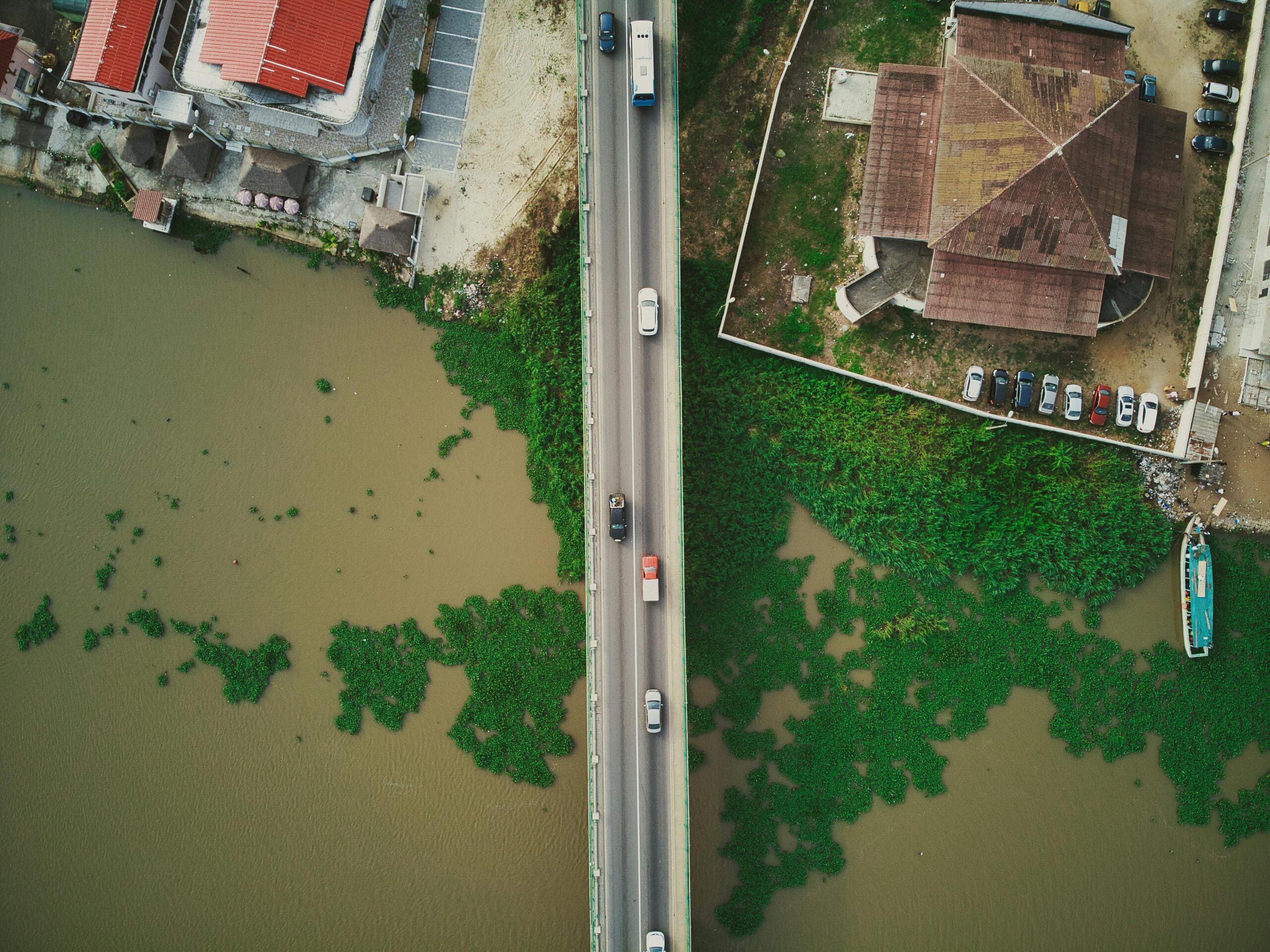
GCA-MIGA Focused Masterclass on Climate Resilient Infrastructures
2 December 2025
Washington DC, USA
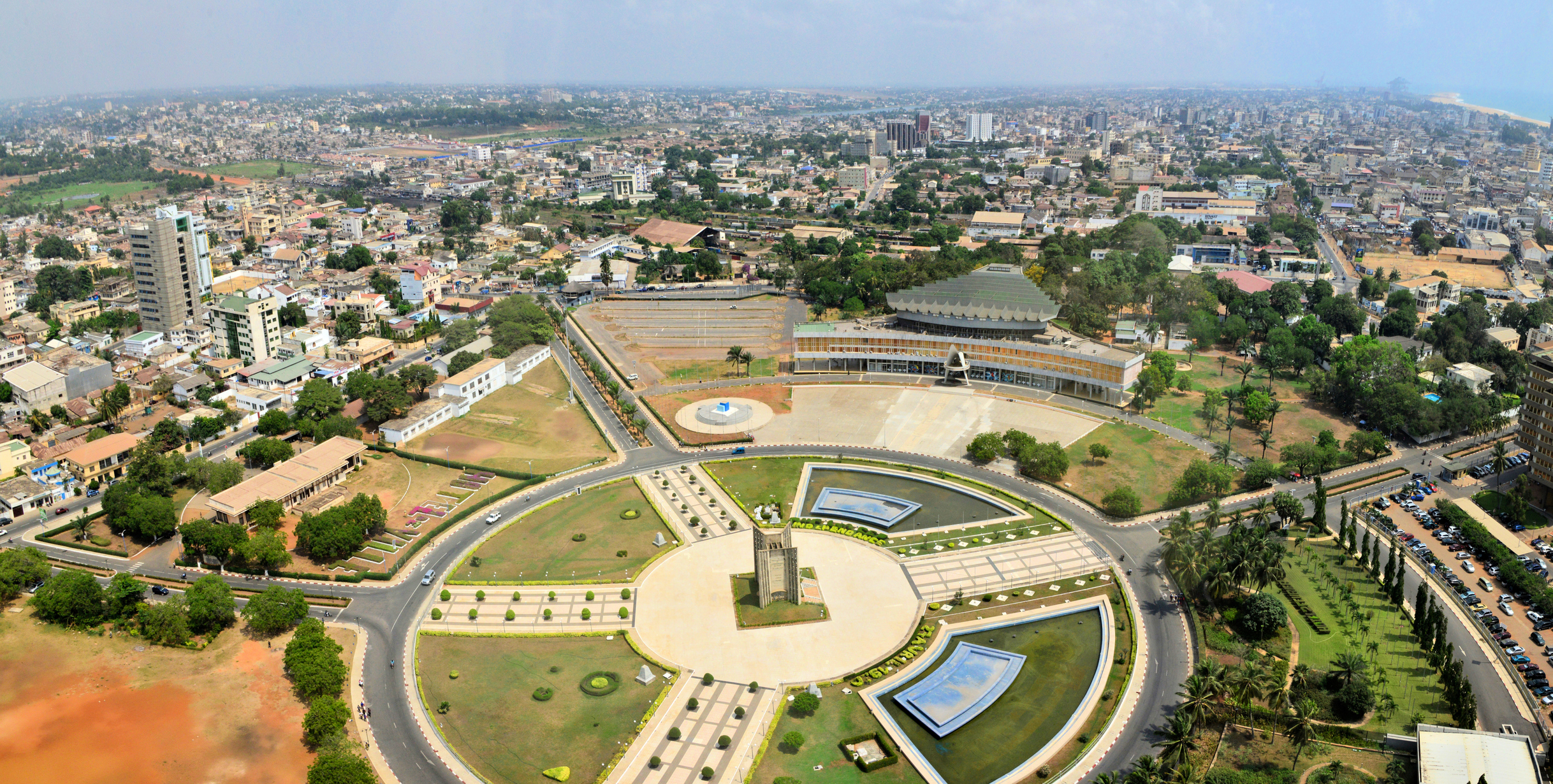
Togo: Masterclass on Climate Resilient Infrastructure Public-Private Partnerships
25 November 2025
Lome, Togo
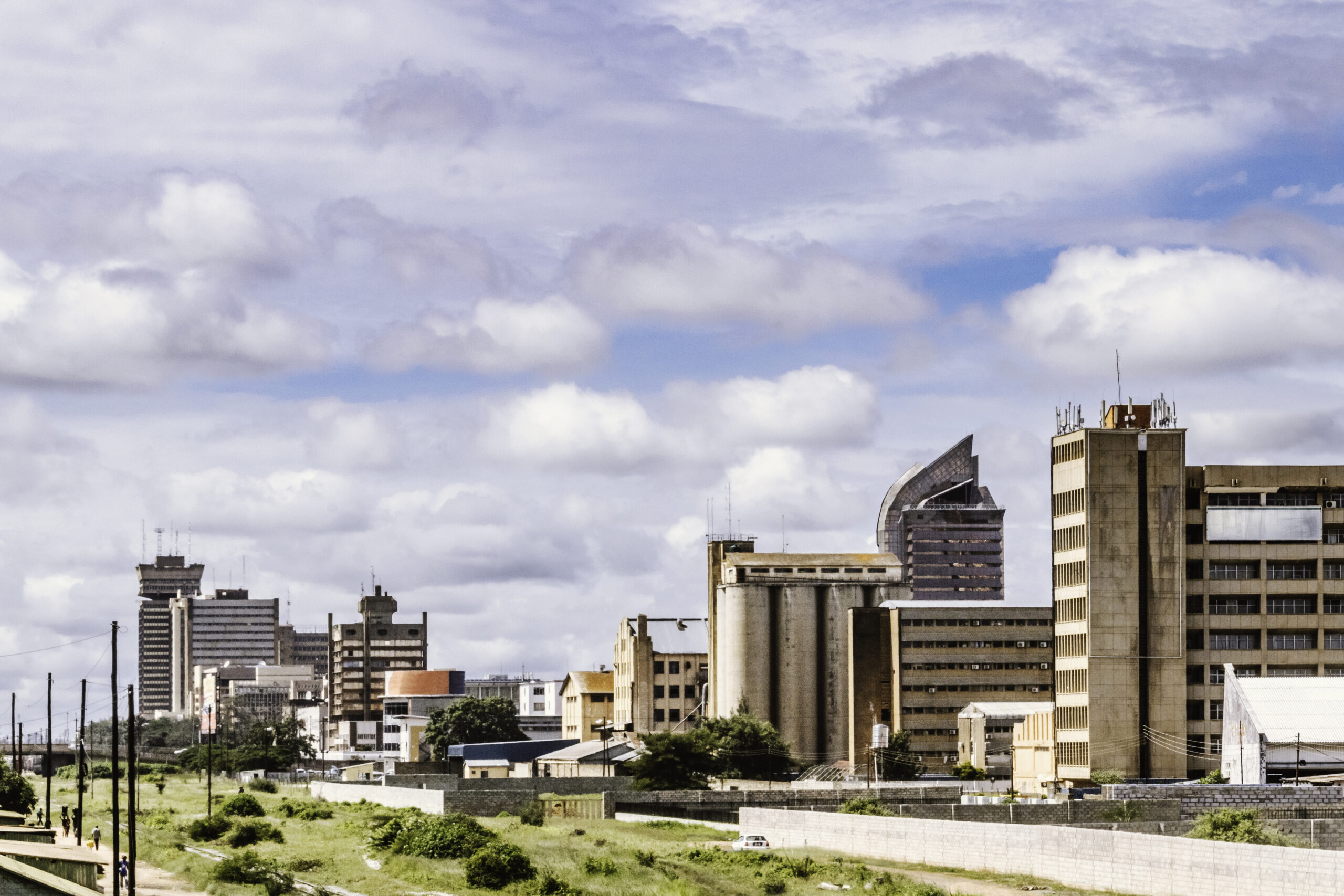
Zambia Masterclass on Climate Resilient Infrastructure Public-Private Partnerships
5 November 2025
Lusaka, Zambia
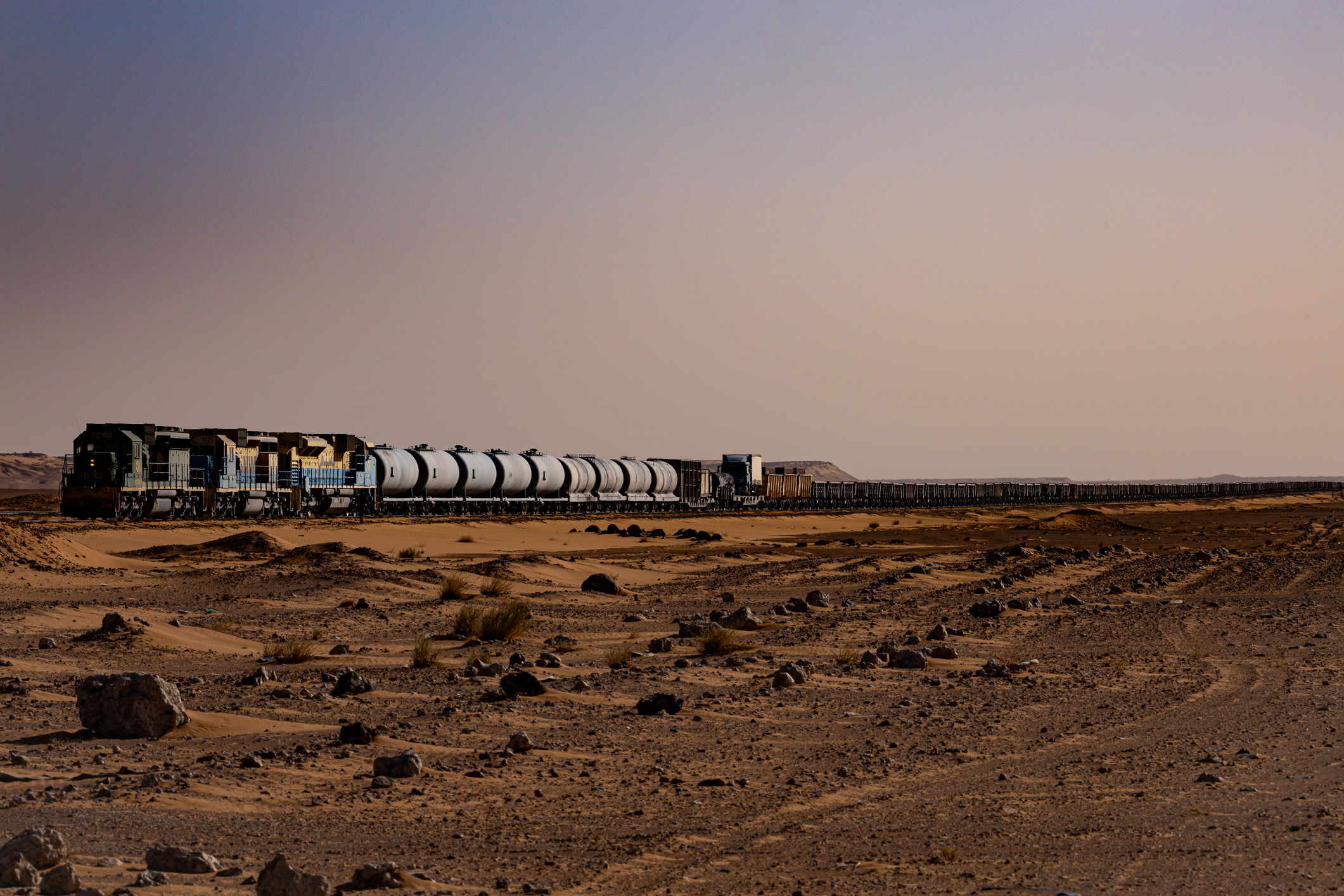
Climate Adaptation Workshop for Société Nationale Industrielle et Minière (SNIM)
3 November 2025
Hybrid / Nouadhibou, Mauritania
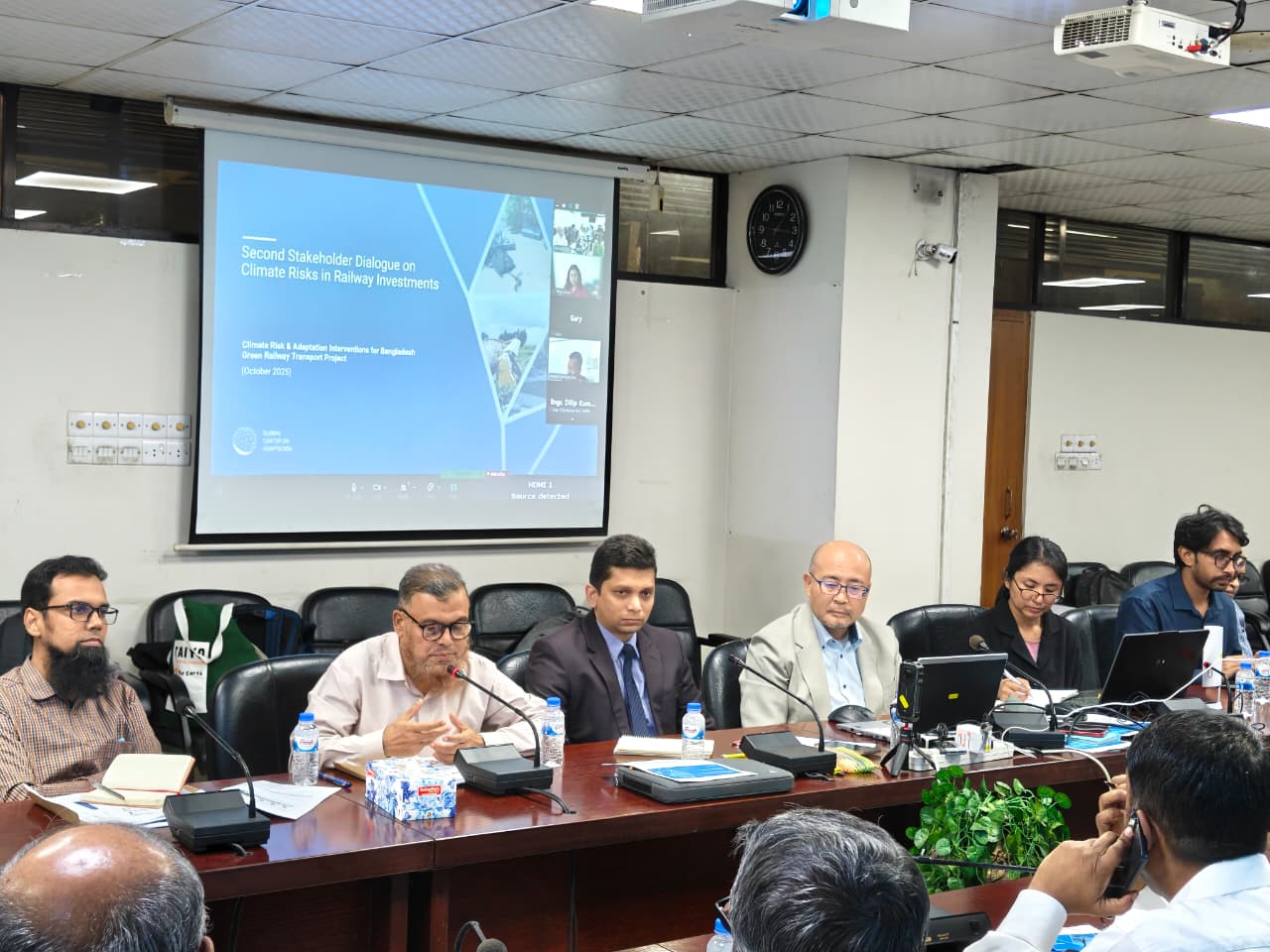
Second Stakeholder Dialogue on Climate Risks In Railway Investments
19 October 2025
Rail Bhaban, Dhaka, Bangladesh
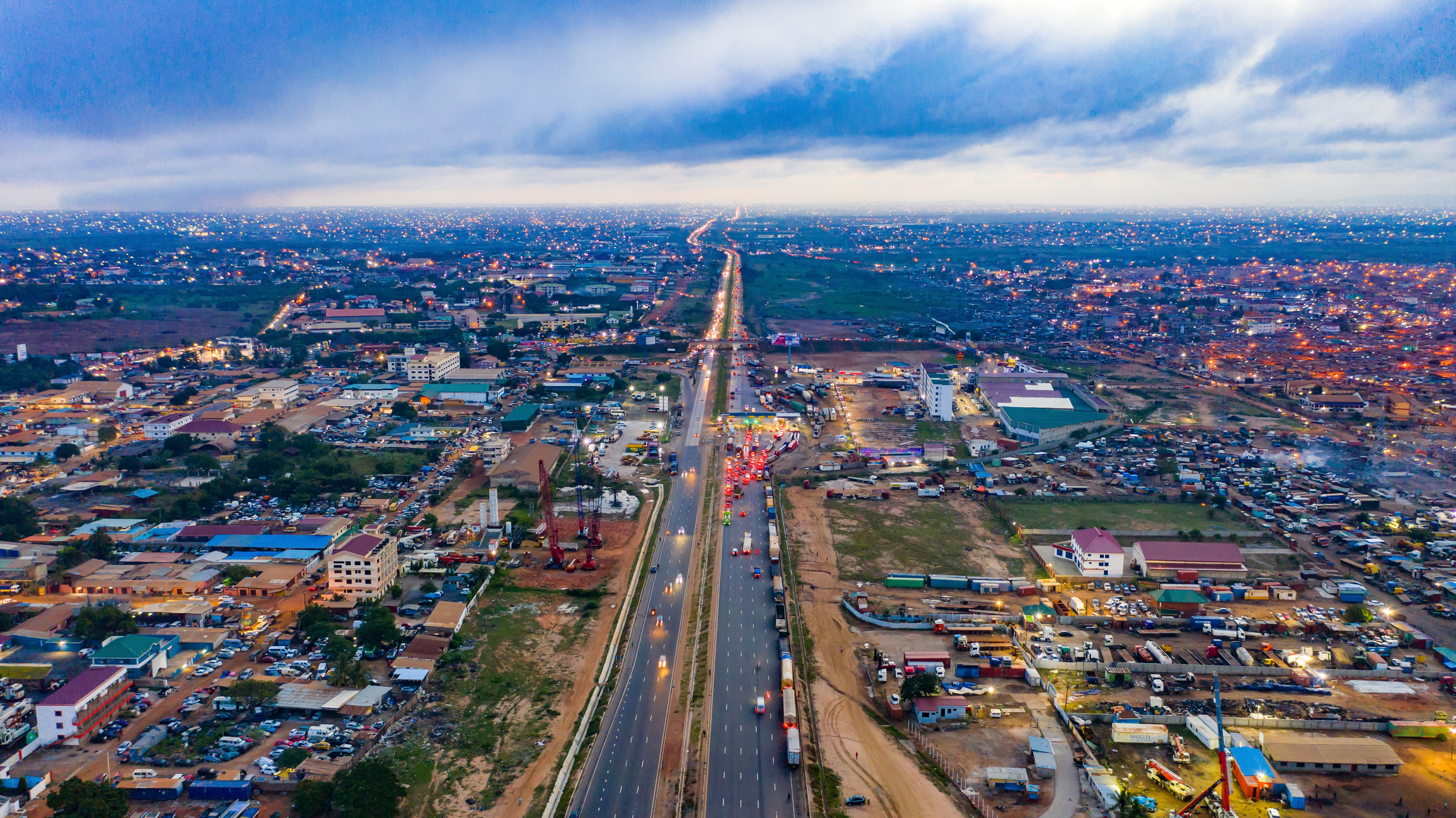
Ghana: Masterclass on Climate Resilient Infrastructure Public-Private Partnerships
14 October 2025
Accra, Ghana
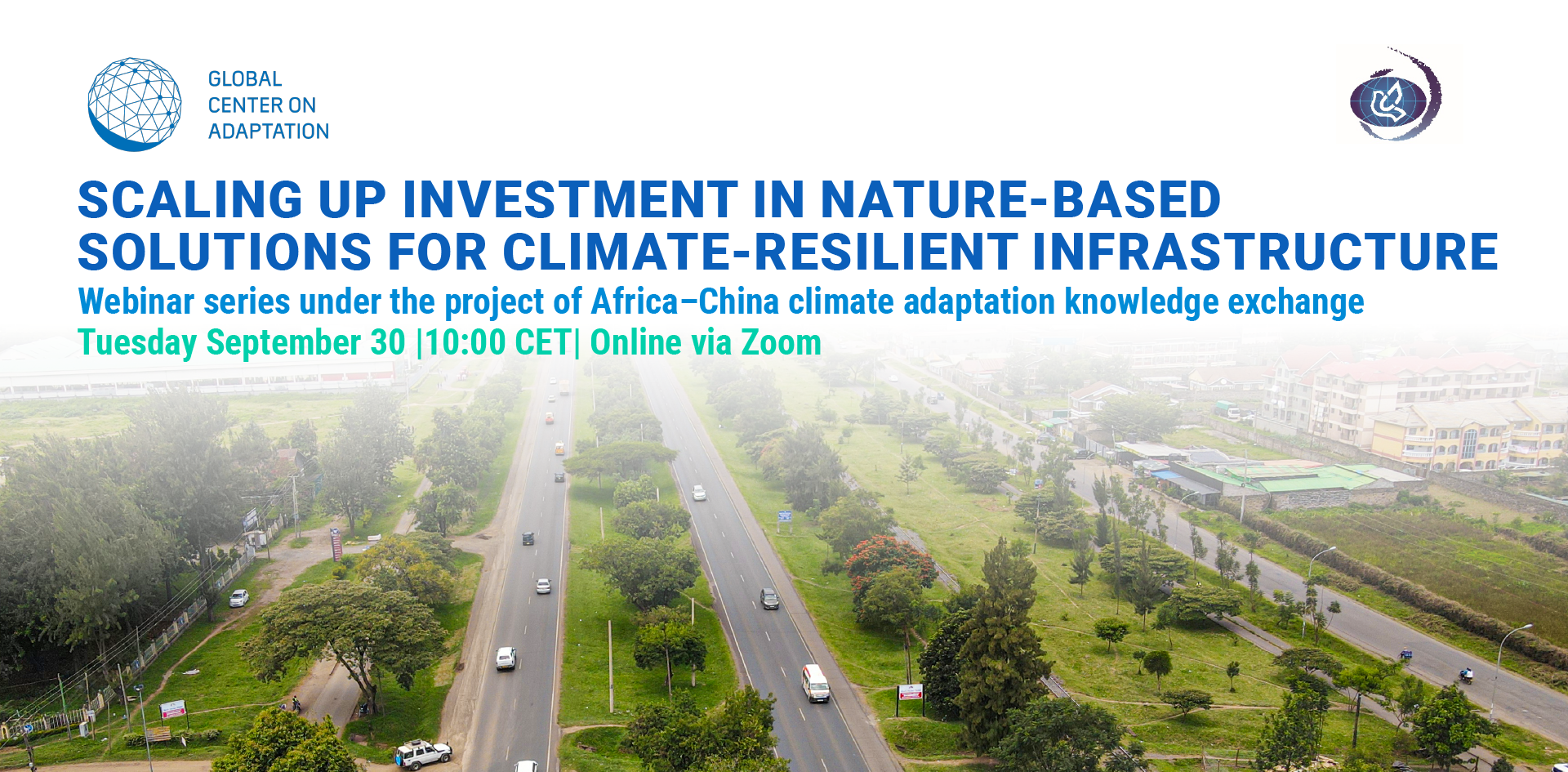
Scaling Up Investment in Nature-Based Solutions for Climate-Resilient Infrastructure
30 September 2025
Online, Global
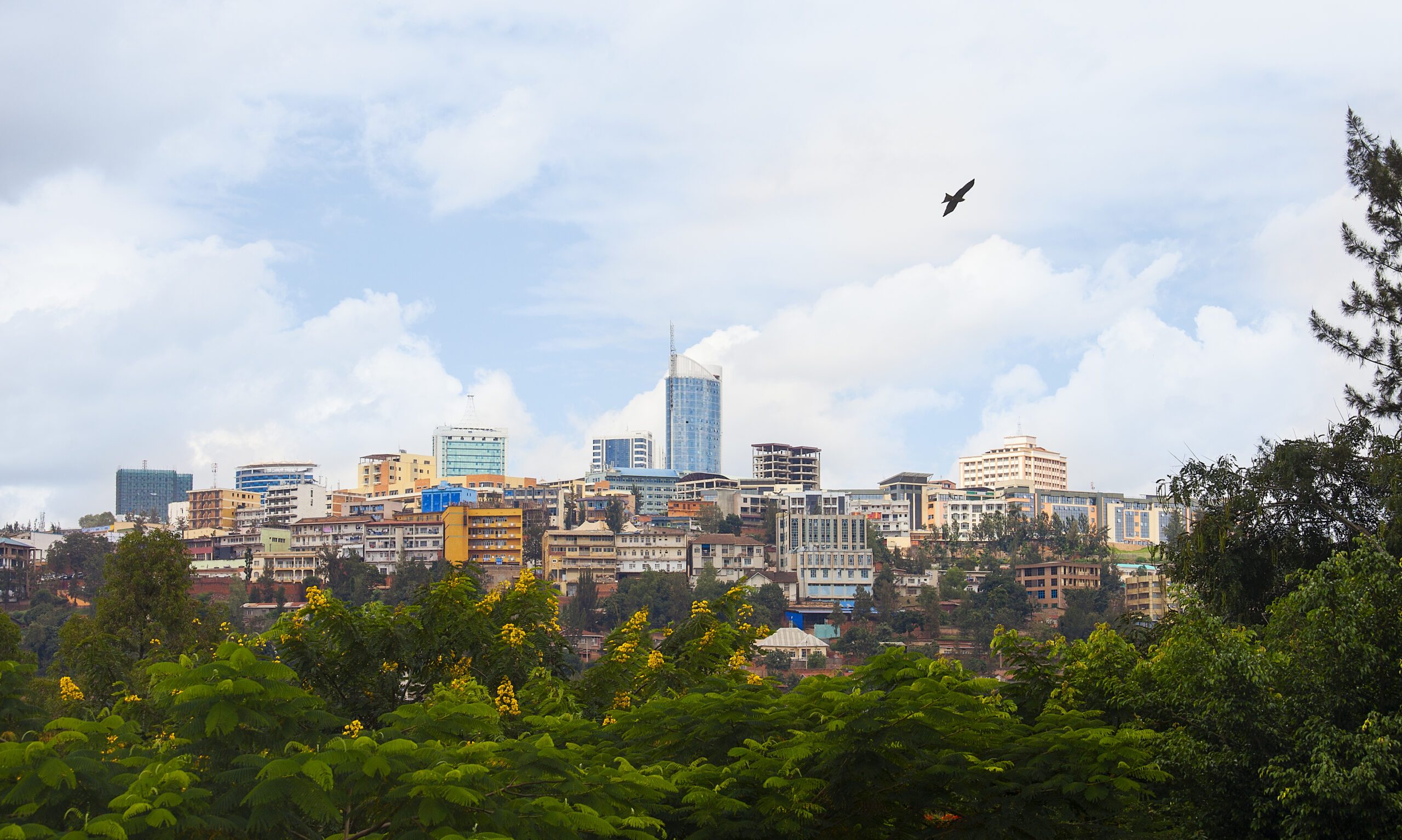
Climate Adaptation for the Rwanda Urban Mobility Improvement Project
15 September 2025
Kigali, Rwanda
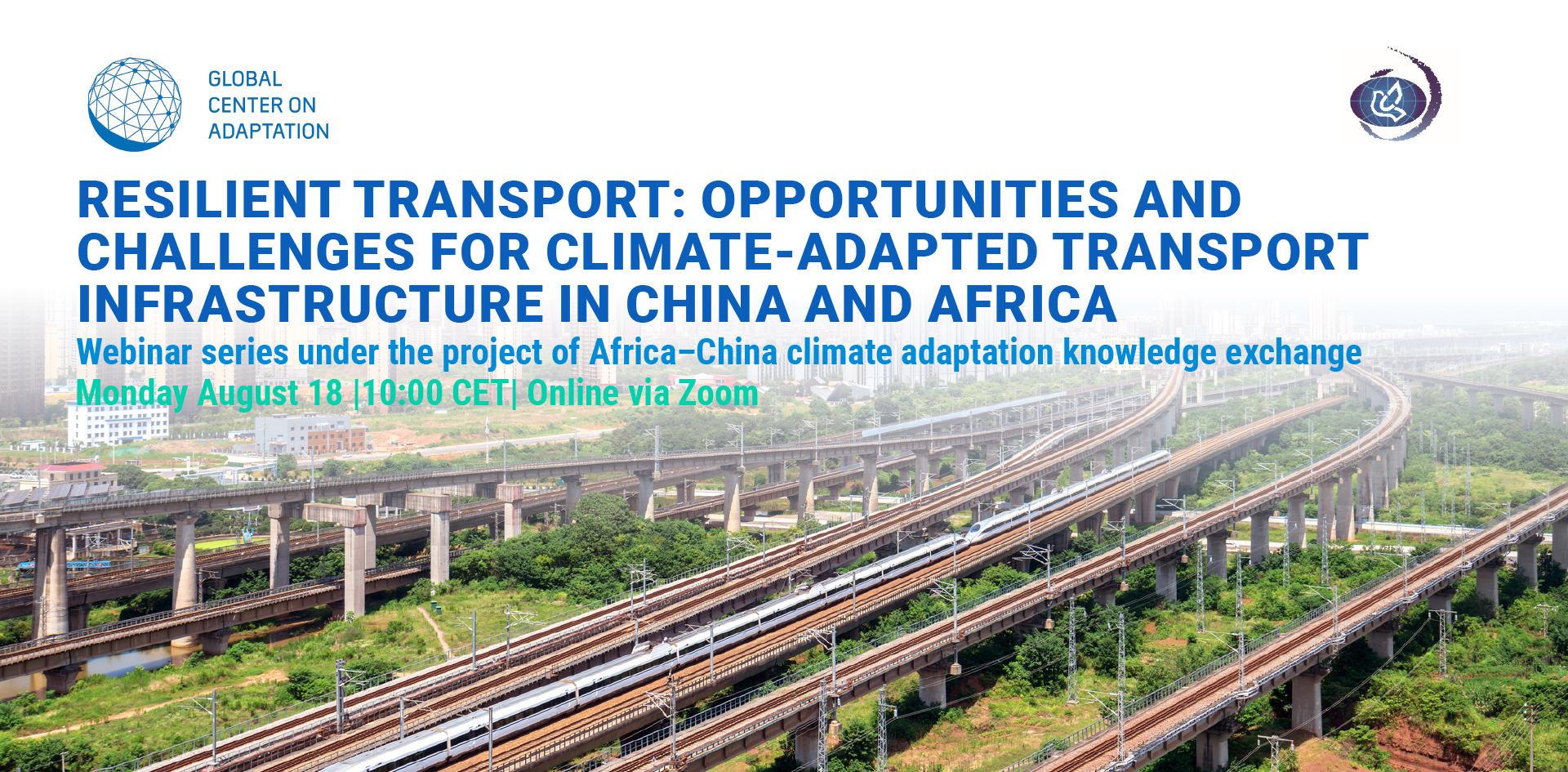
Resilient Transport: Opportunities and Challenges for Climate-Adapted Transport Infrastructure in China and Africa
18 August 2025
Online, Global
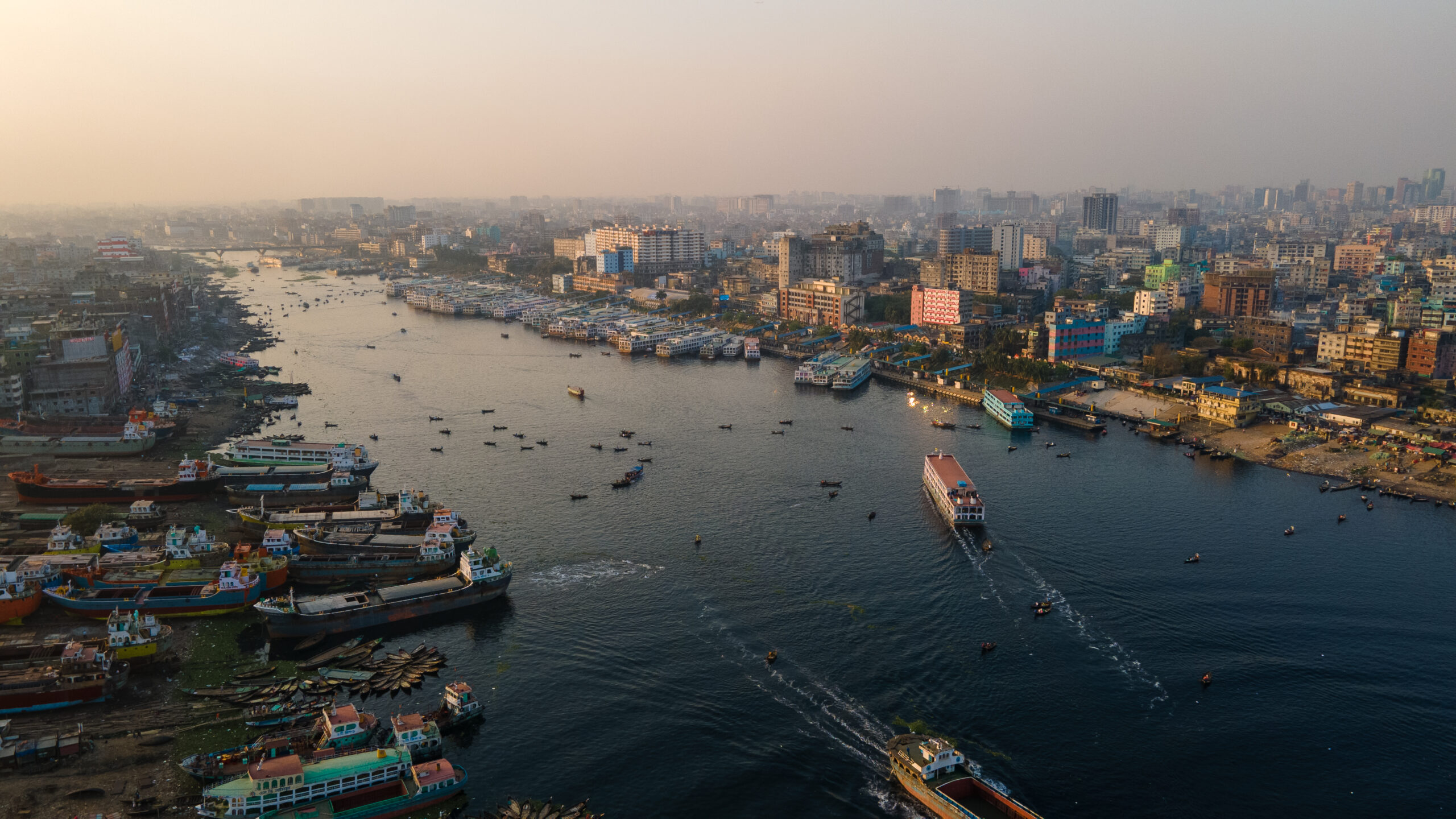
Masterclass on Gender-Responsive Climate Resilient Infrastructure PPPs
9 August 2025
Gazipur, Bangladesh

Third Changemakers School on Enhancing and Scaling Up Climate Adaptation for Resilient Infrastructure in Kenya and the East African Region
21 July 2025
Nairobi, Kenya
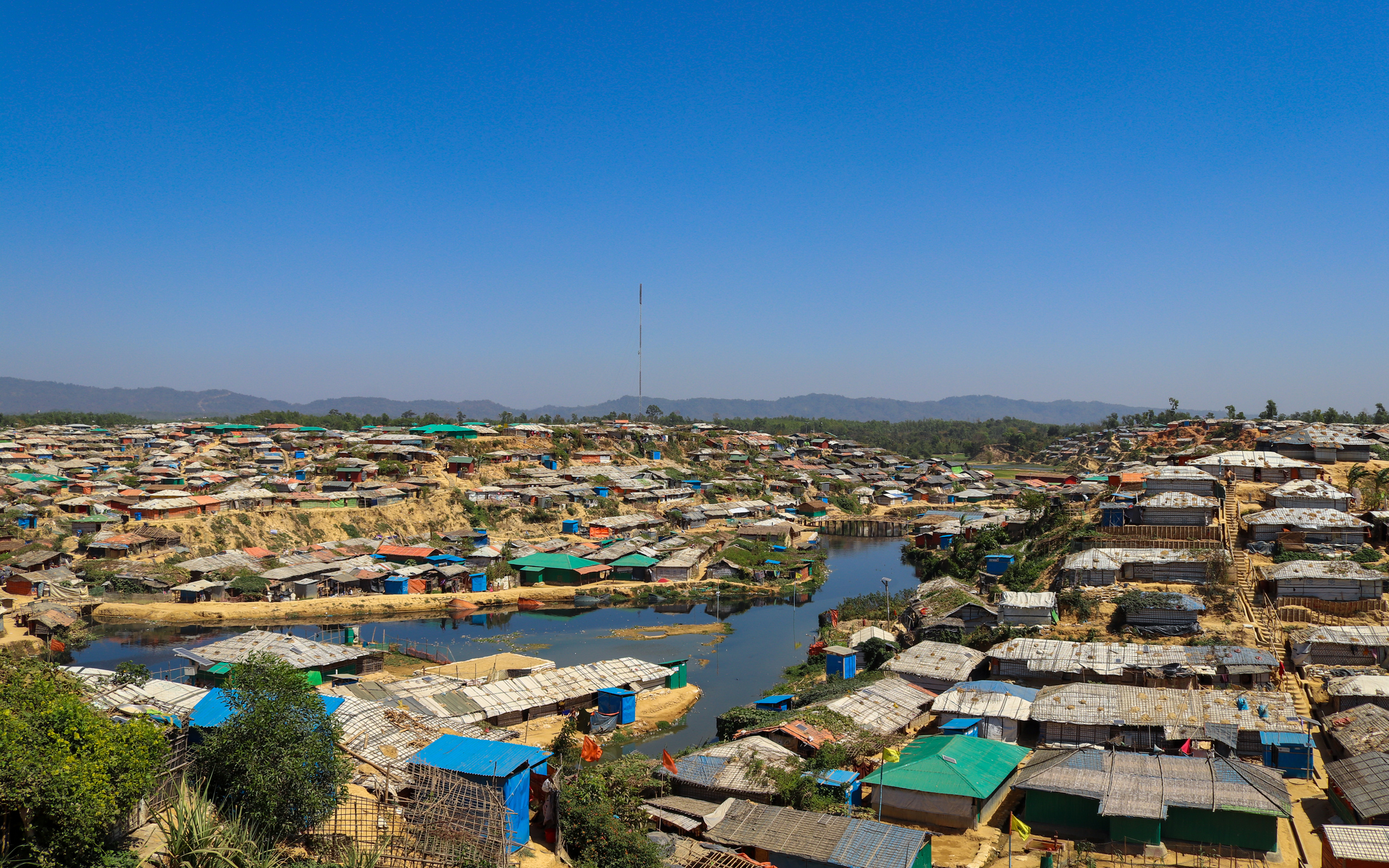
Mainstreaming Nature-based Solutions for Climate-Resilient Coastal Towns
13 July 2025
Dhaka, Bangladesh
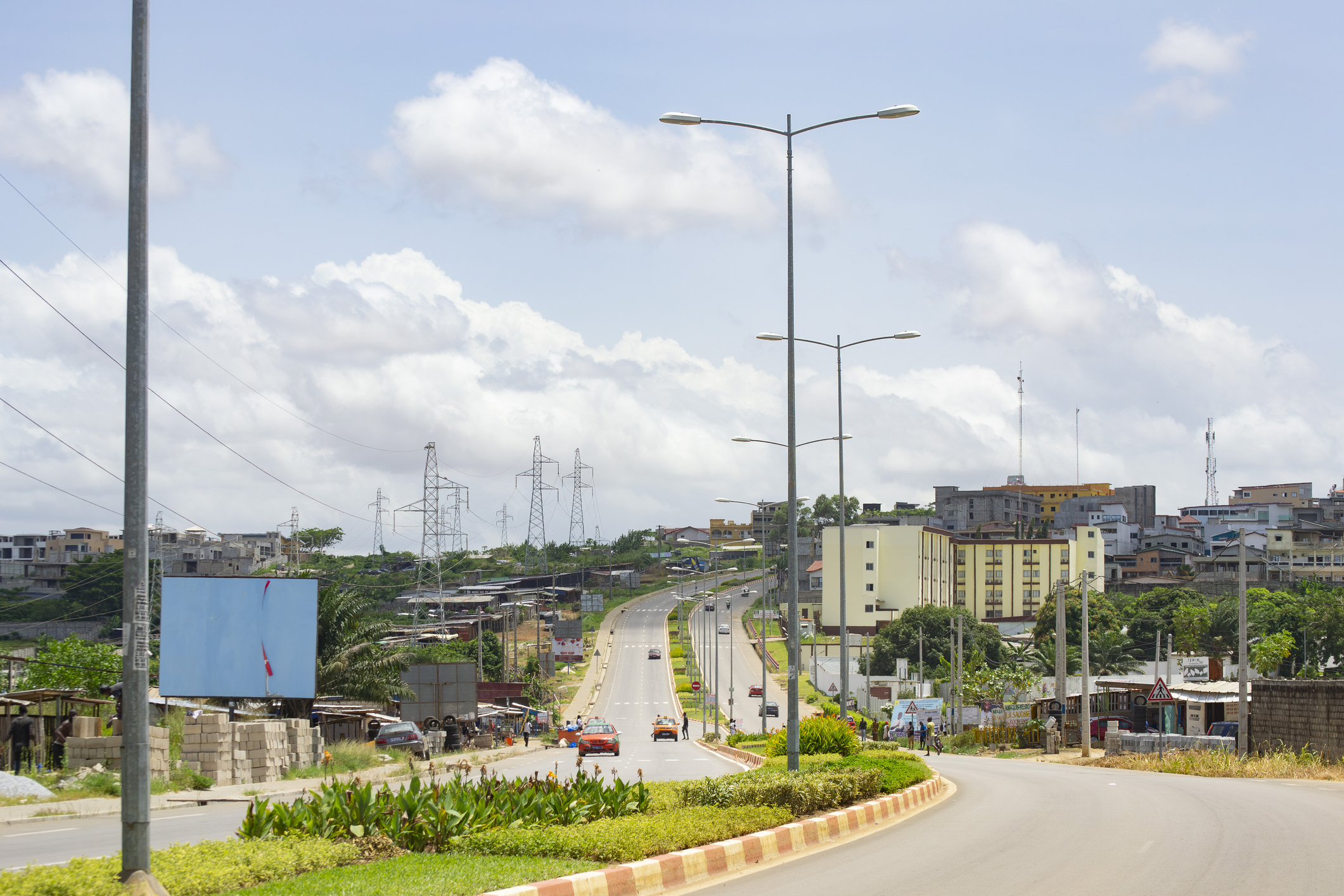
Technical Review and Validation Workshop: Dissemination of Final Findings for the Abidjan-Lagos Corridor Highway Project
9 July 2025
Abidjan

From Insight to Investment: Mobilizing Capital for Nature-Based Solutions
24 June 2025
LSE, London, UK

Intergrating Climate Resilience into Infrastructure
20 June 2025
Online, Global
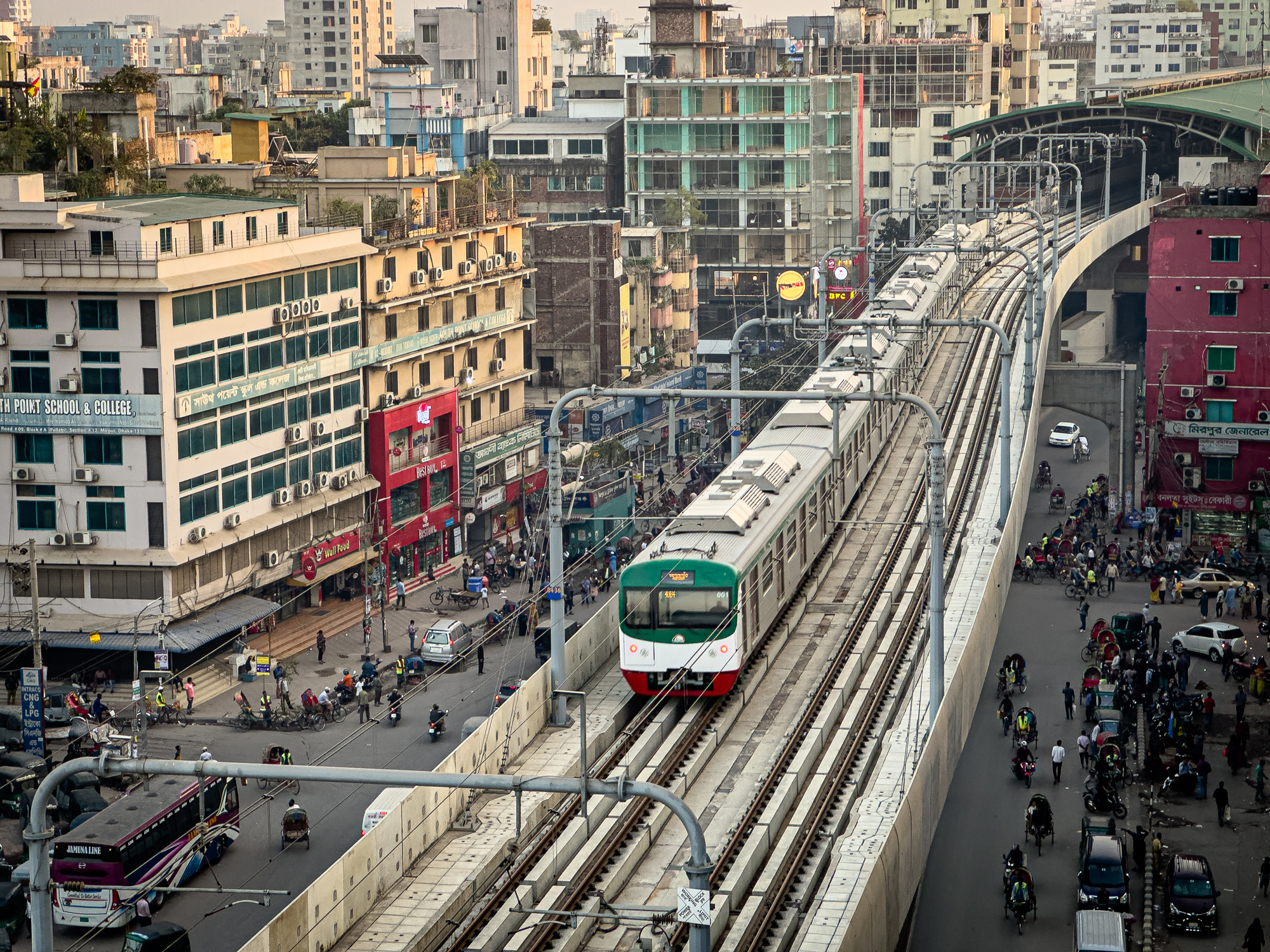
Masterclass on Gender-Responsive Climate Resilient Infrastructure PPPs
20 June 2025
Cox’s Bazar, Bangladesh
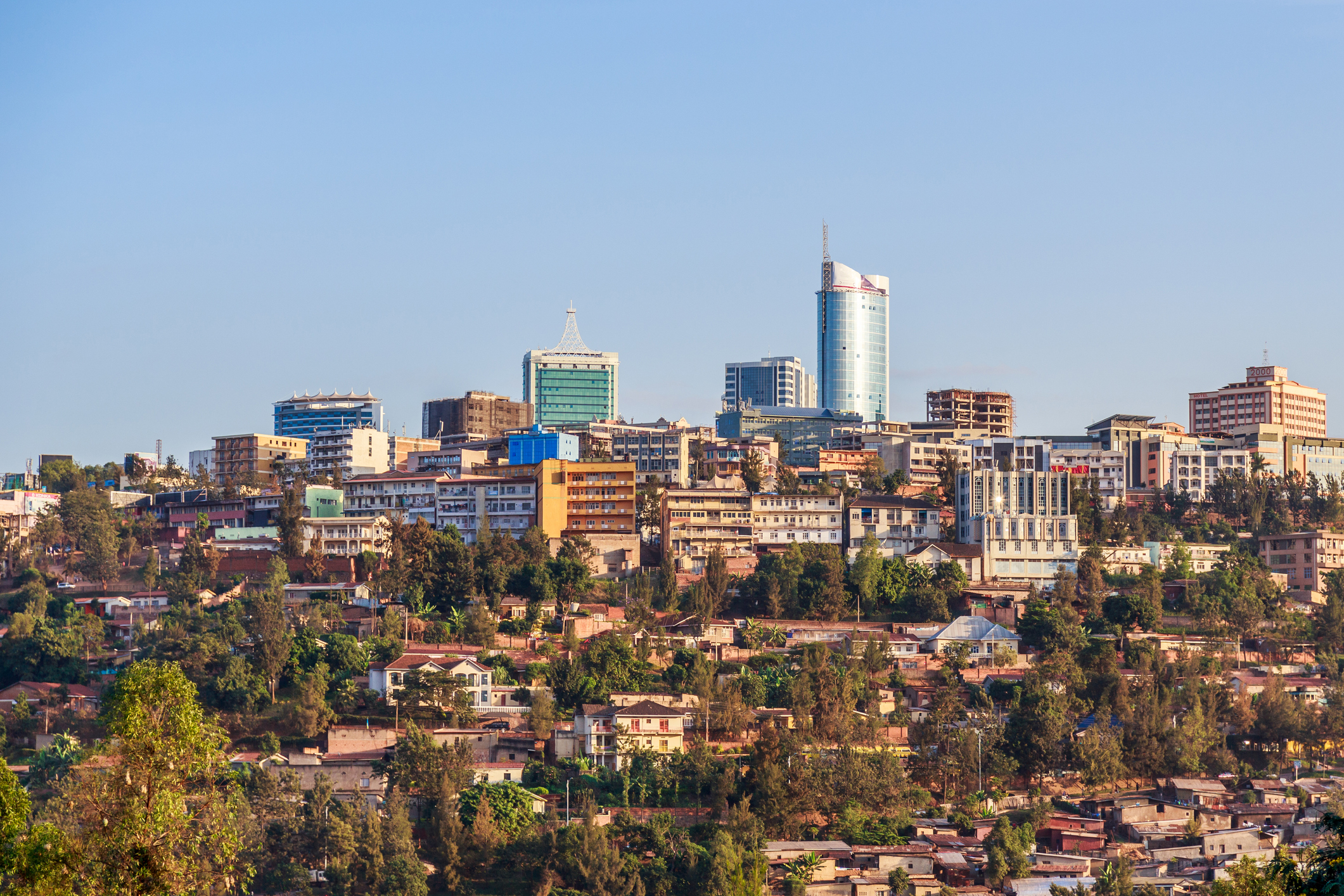
Advancing Climate Resilience in Kigali: Stakeholder Dialogue on Adaptation for Rwanda Urban Mobility Improvement Project
19 June 2025
Kigali, Rwanda
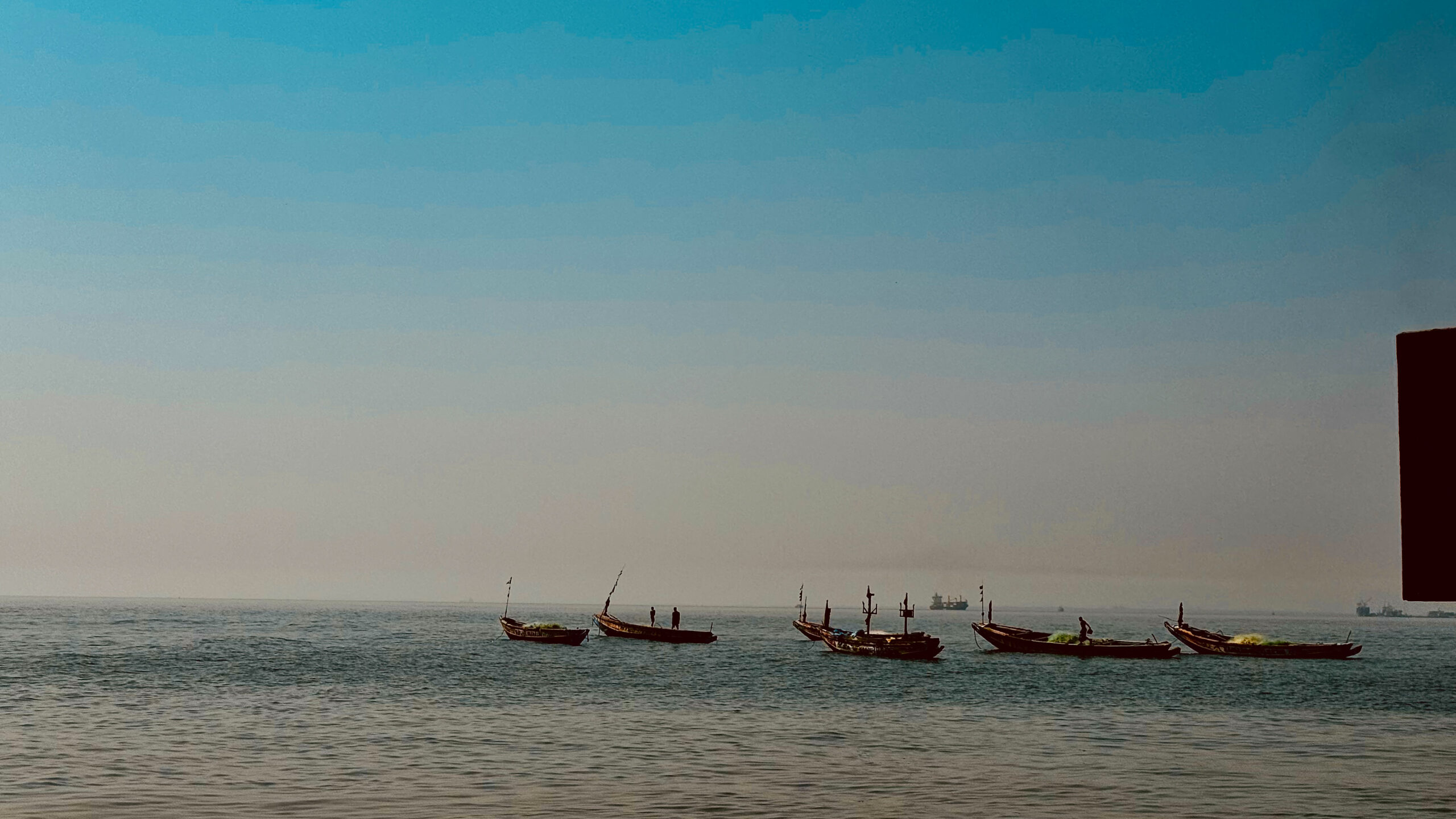
Second Climate Risk Dialogue for “Integrated Adaptation Options for Transport, Energy and Water Sectors in The Gambia”
19 June 2025
Banjul, Gambia

Stakeholder Dialogue and Workshop: Morocco ADM Resilient Highway Project
3 June 2025
Rabat, Morocco
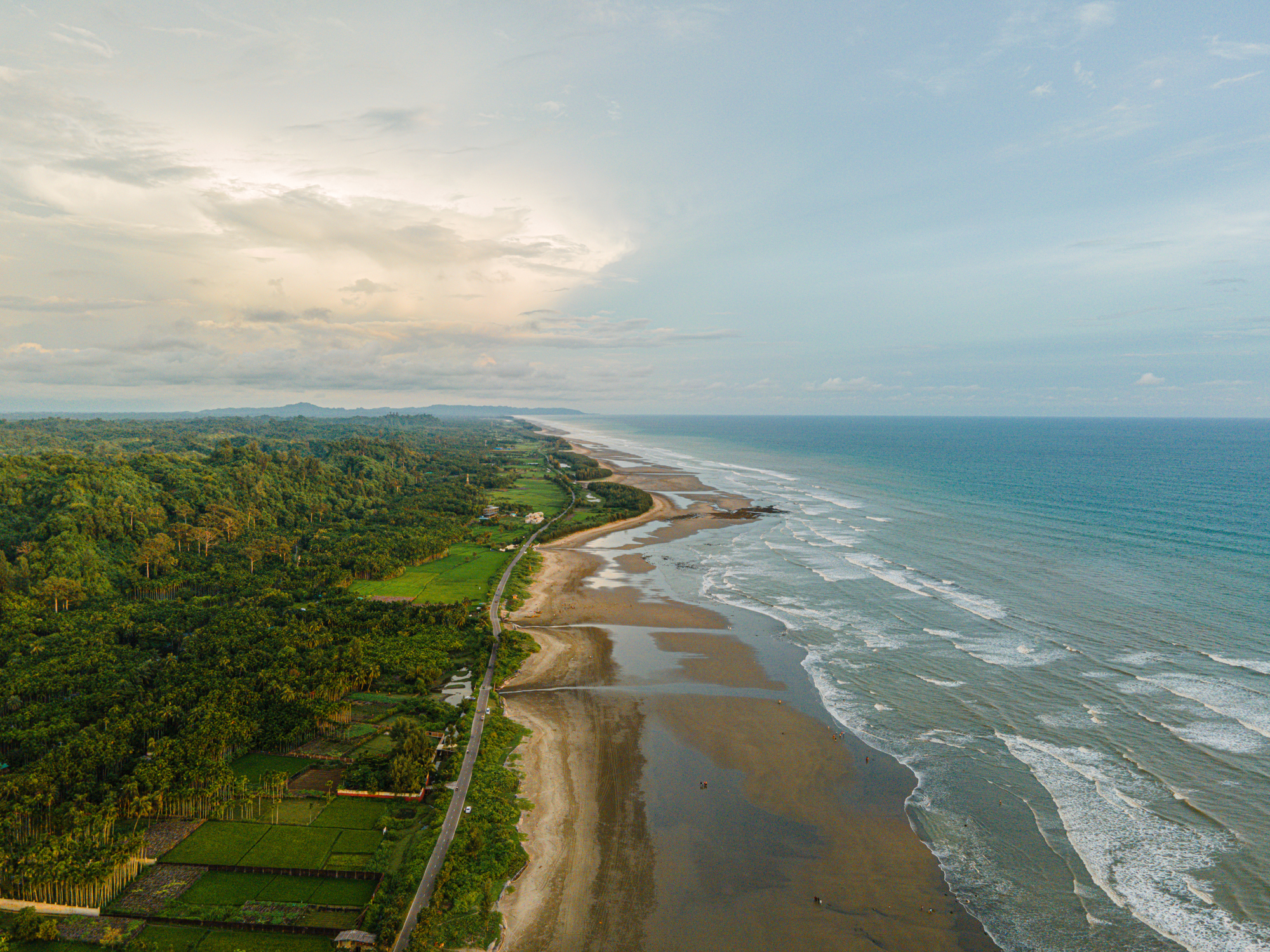
Scaling Up Nature-based Solutions for Climate-Resilient Towns
28 May 2025
Rajendrapur, Gazipur, Bangladesh
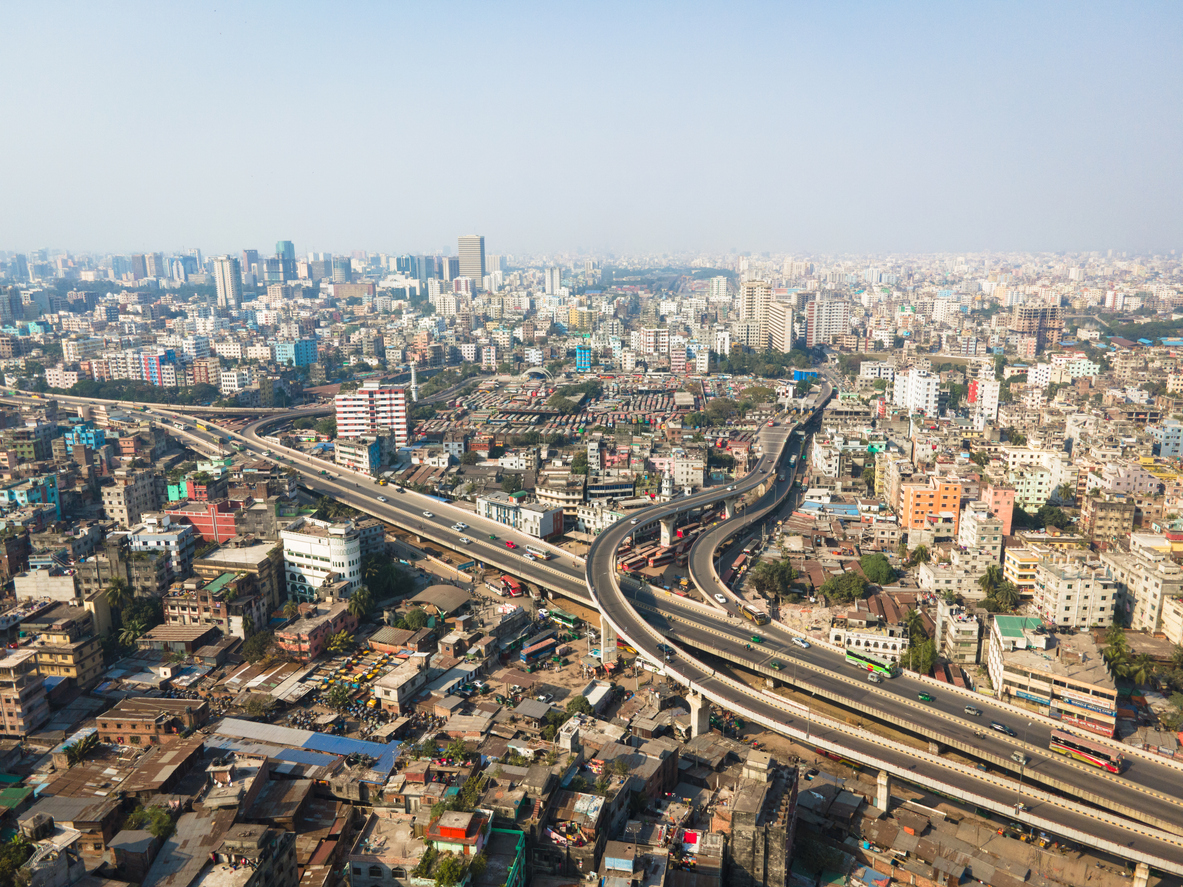
Sectoral Workshop on National Climate Resilient Infrastructure Roadmap
7 May 2025
Dhaka, Bangladesh
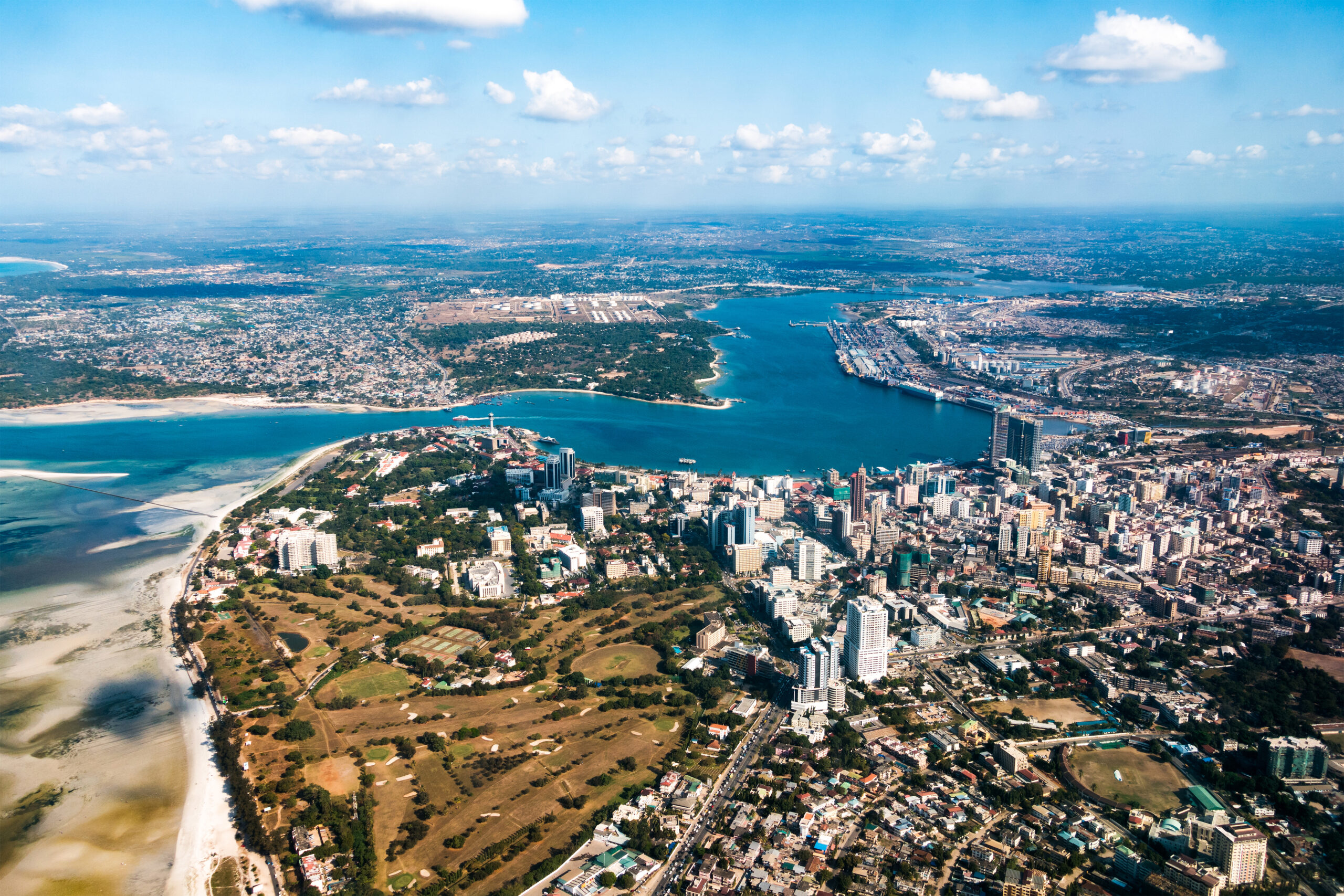
Tanzania: Masterclass on Climate Resilient Infrastructure Public-Private Partnerships
22 April 2025
Dar es Salaam, Tanzania
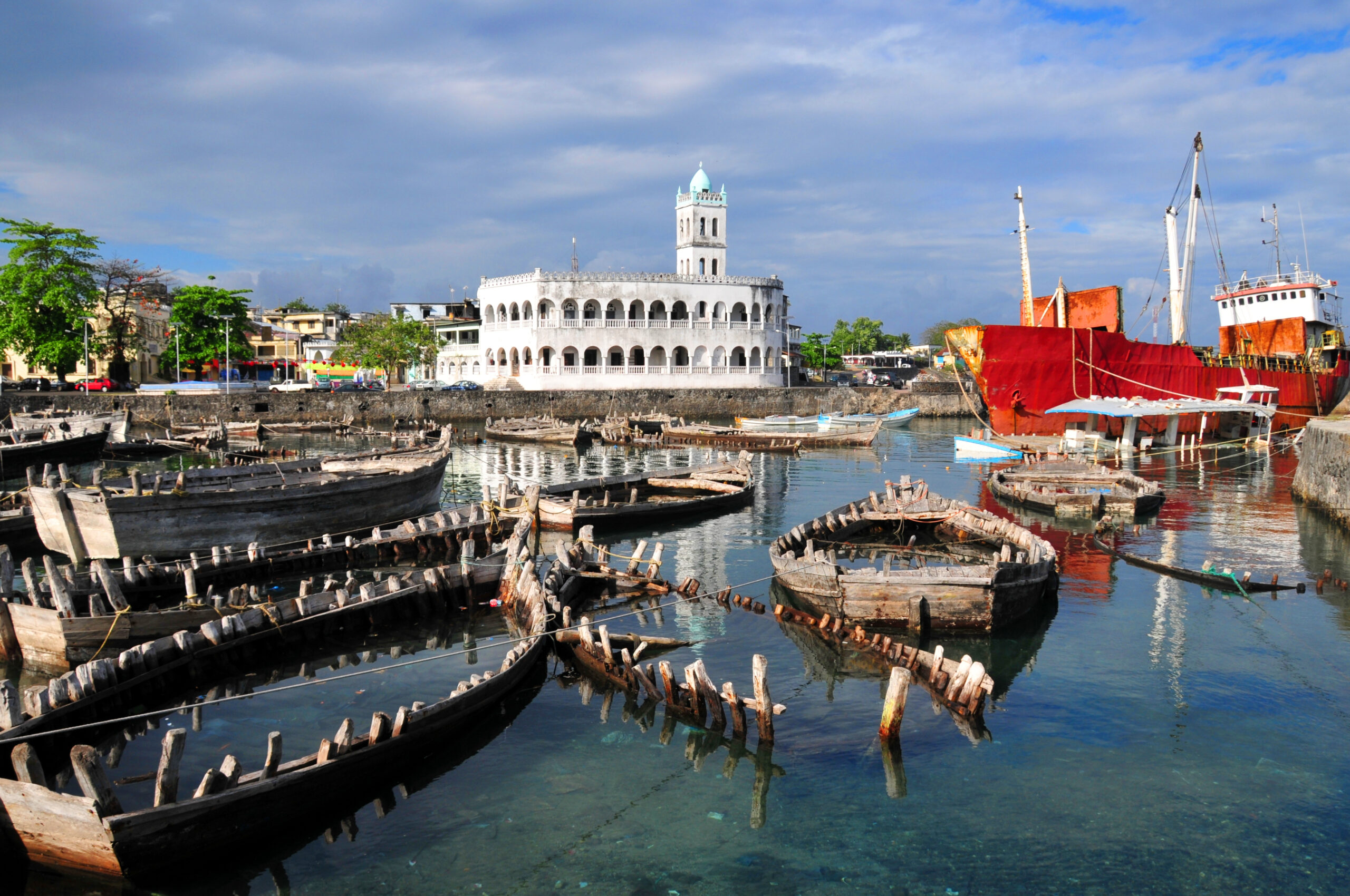
Stakeholder Consultation on Climate Risk Assessment and Adaptation Options for Seaport Infrastructure in Comoros
16 April 2025
Moroni, Comoros

Mobilizing Investment: Kick-off Finance Roundtables for Nature-Based Solutions
28 February 2025
Hybrid, University of Oxford, England
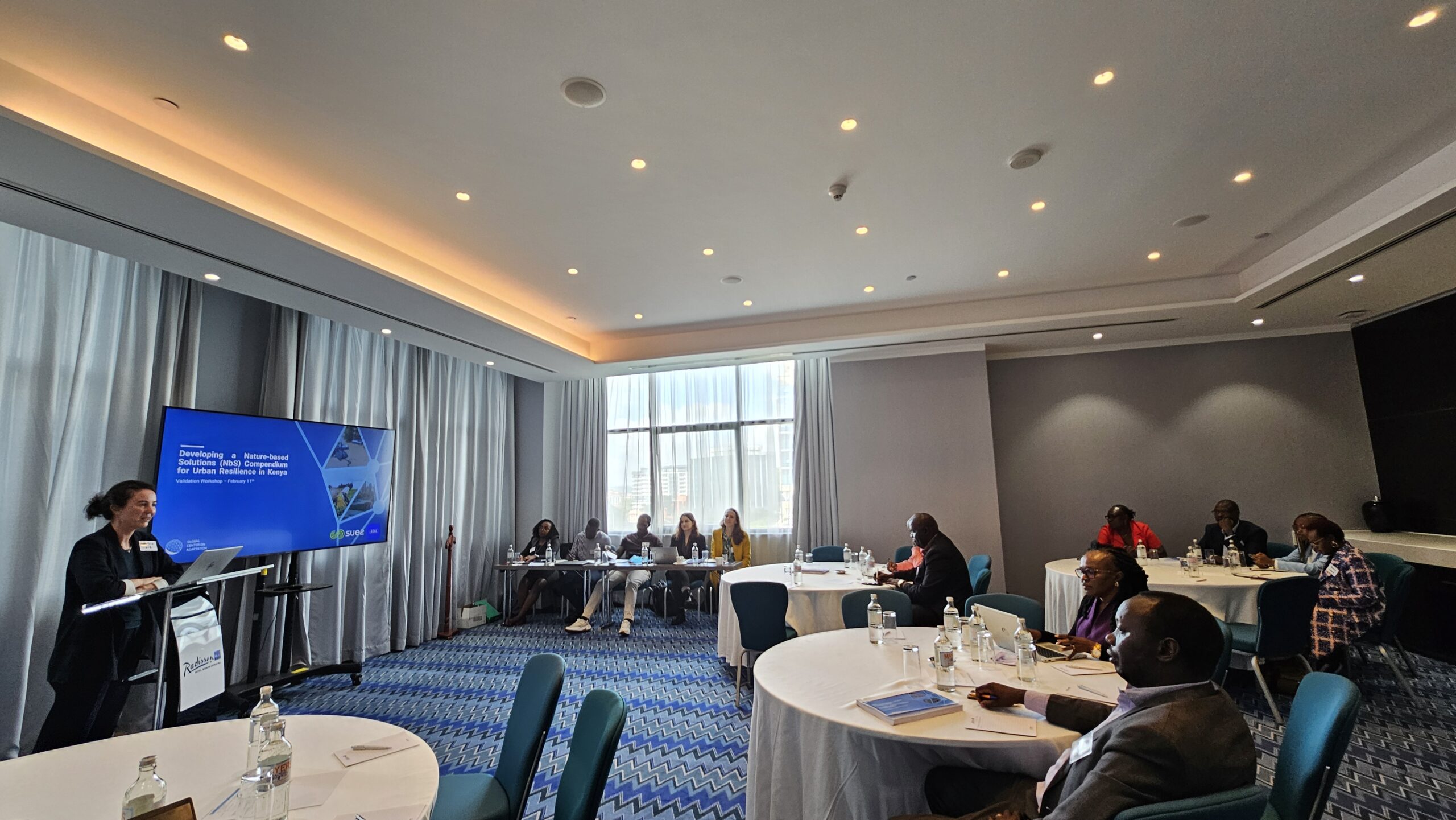
Validation Workshop on Nature-Based Solutions (NbS) Compendium for Urban Resilience in Kenya
11 February 2025
Nairobi, Kenya

Multi-Stakeholder Engagement and Supervision Mission on the World Bank Djibouti Regional Economic Corridor Project
25 January 2025
City of Djibouti, Djibouti
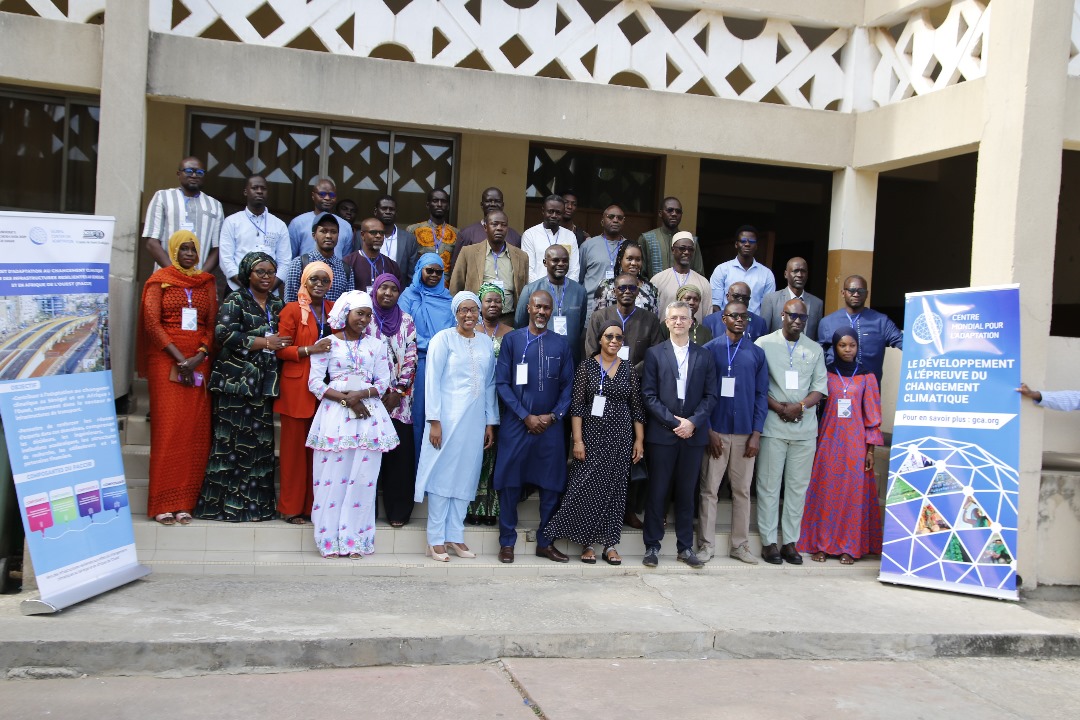
Changemaker sur les Programmes d’Accélération de l’Adaptation en Afrique (AAAP) pour des infrastructures résilientes au climat
9 December 2024
Senegal

Nature-Based Solutions for Climate Resilience in Coastal Towns
4 December 2024
Dhaka, Bangladesh
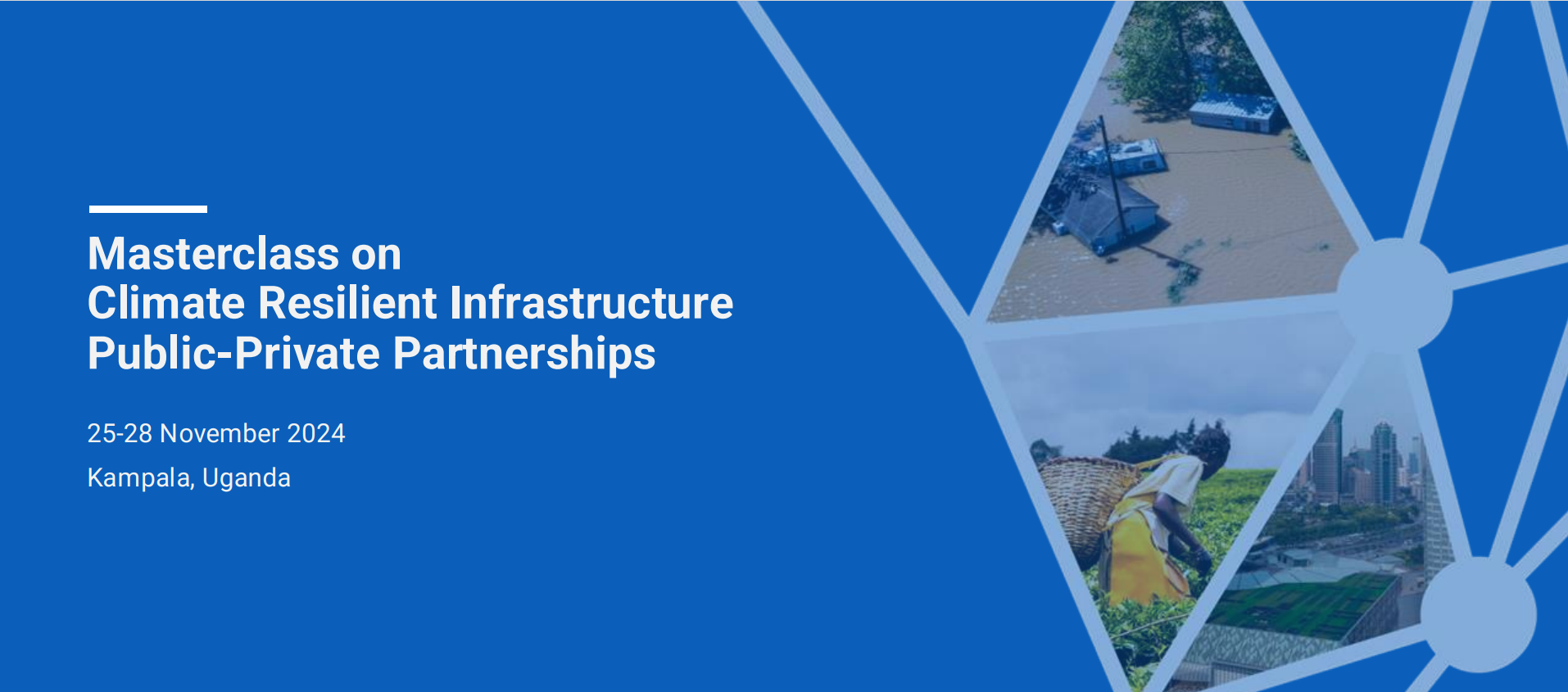
GCA Public Private Partnerships Unit Uganda: Masterclass on Climate Resilient Infrastructure Public-Private Partnerships
25 November 2024
Kampala, Uganda
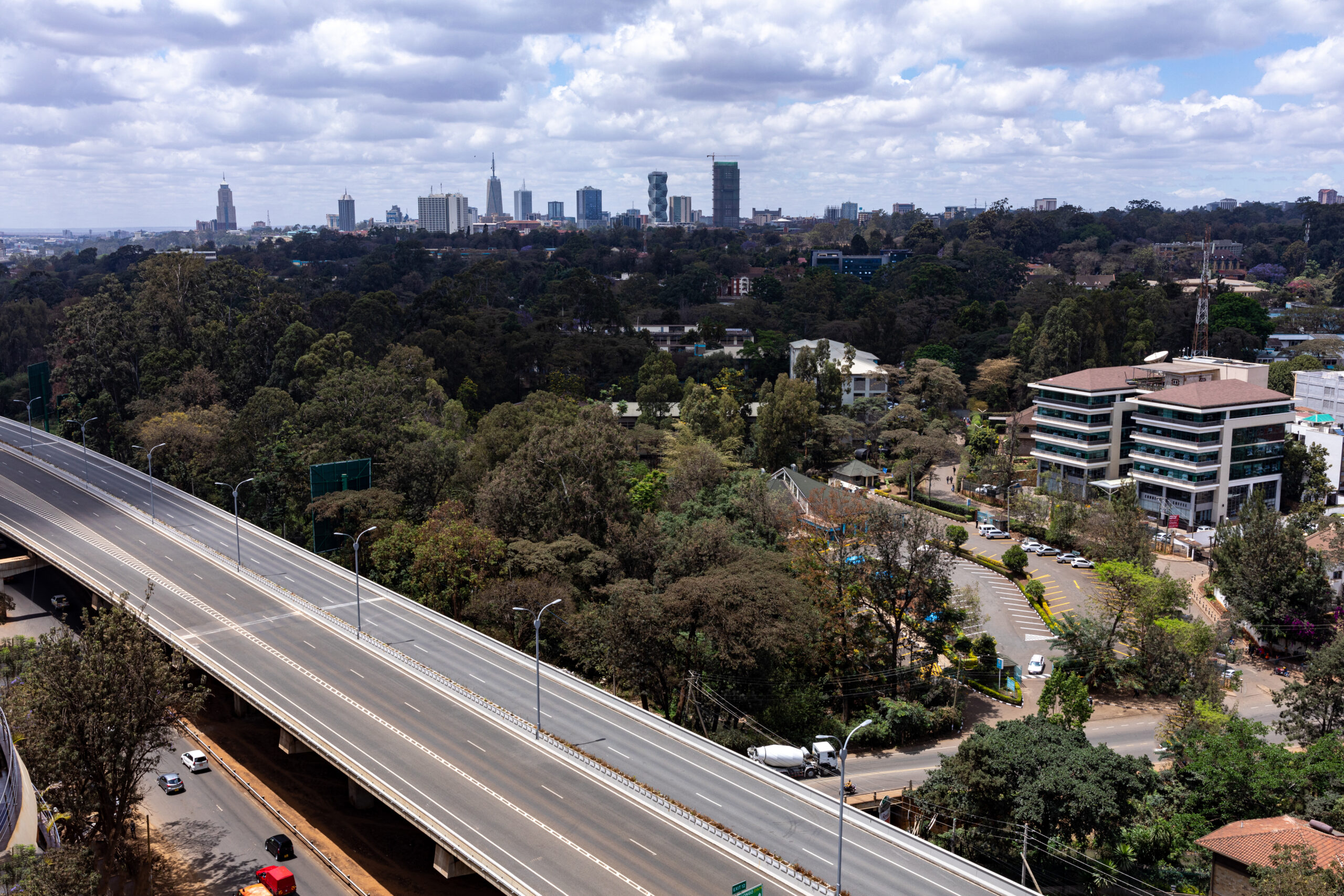
Nairobi Nature Positive Engineering Roundtable
1 November 2024
Nairobi, Kenya
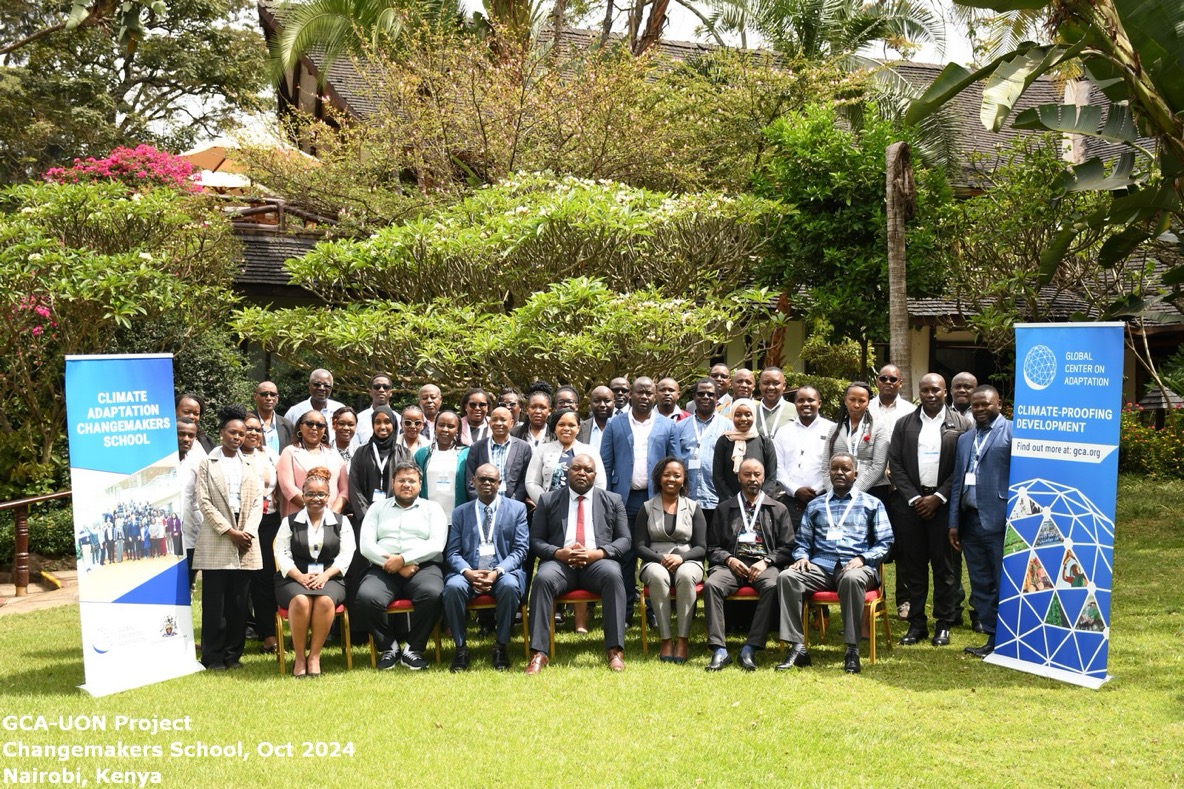
GCA-University of Nairobi Climate Adaptation Changemakers School 2024
28 October 2024
Nairobi, Kenya

Multi-Stakeholder Engagement on the Kenyan National Roadmap for Infrastructure Adaptation Investments
15 August 2024
Nairobi, Kenya
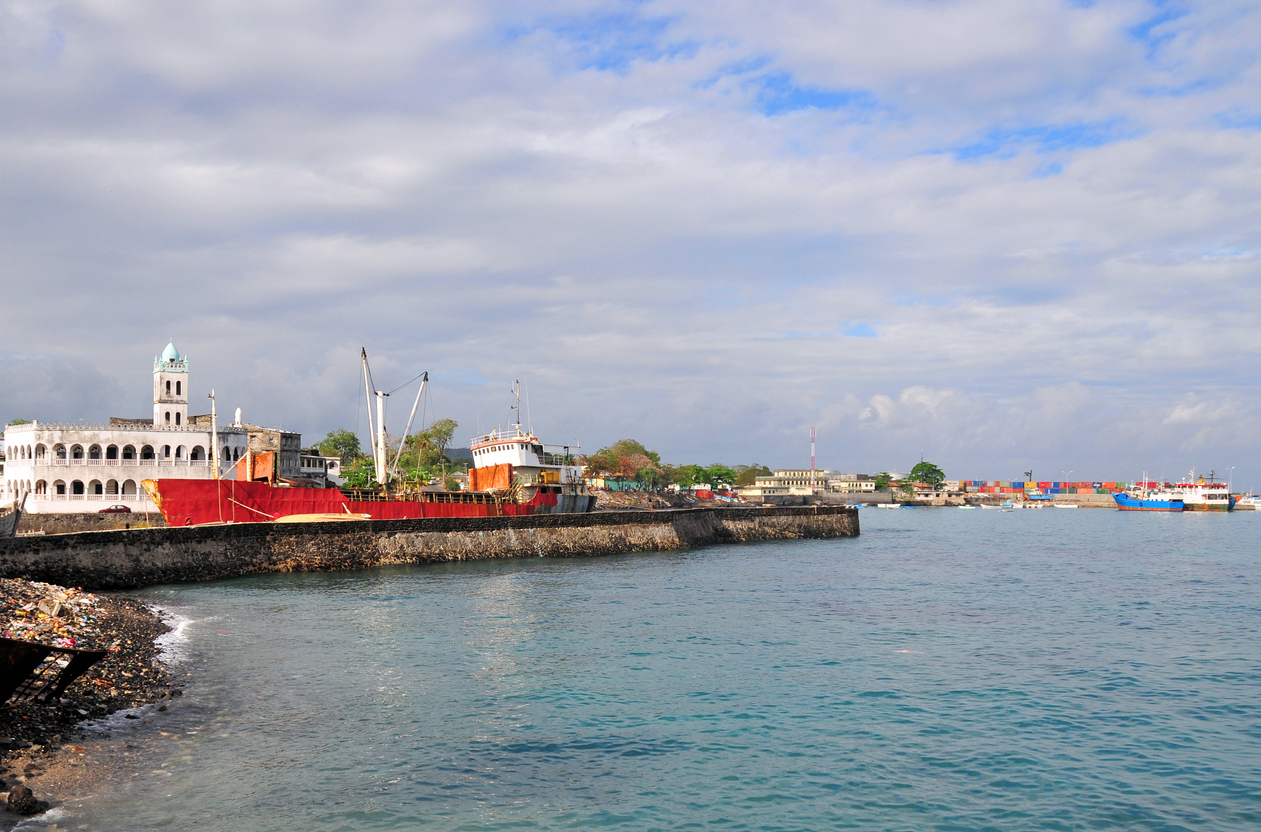
Multi-Stakeholder Dialogue for AfDB Comoros Maritime Corridor Development and Regional Trade Facilitation Project
13 August 2024
Moroni, Comoros

GCA-UCAD Climate Adaptation Changemakers School 2024
24 June 2024
Dakar, Senegal
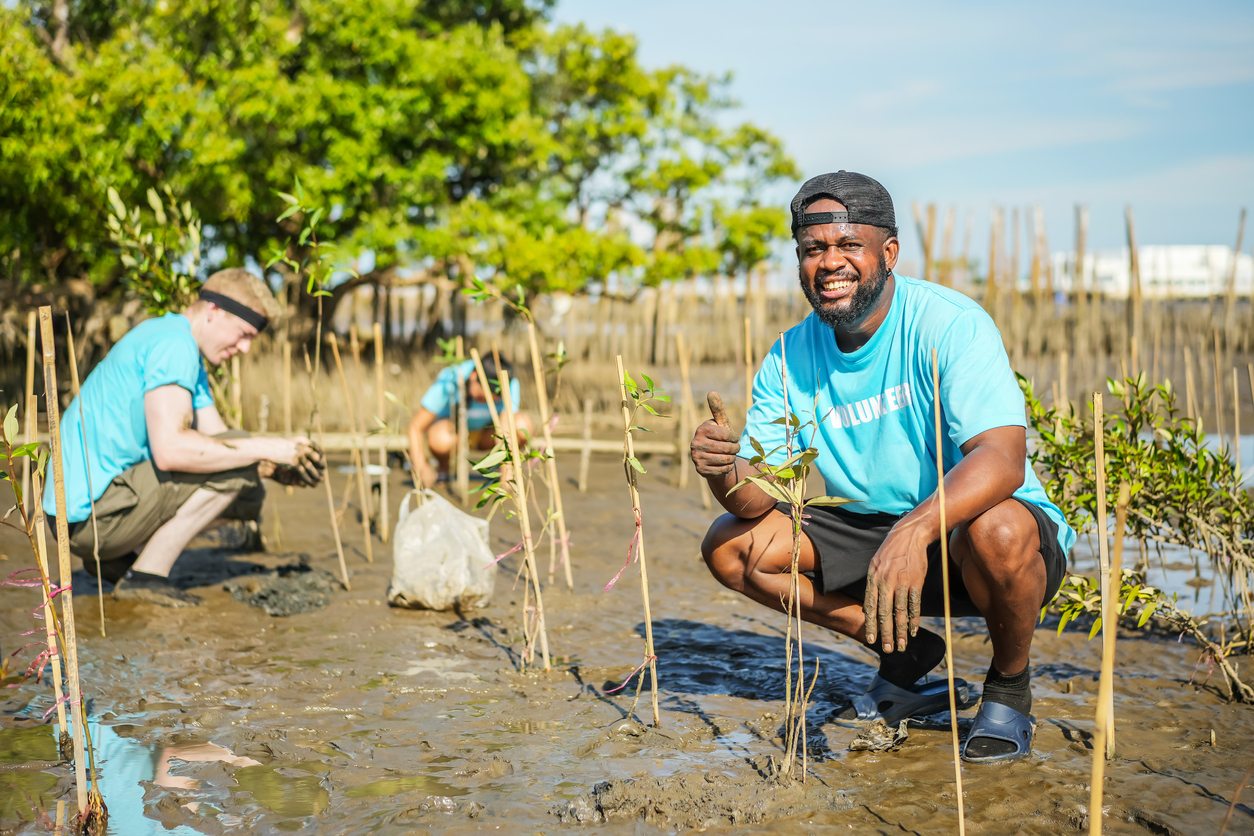
Youth Adaptation Forum on Nature-based Solutions and Climate-resilient Infrastructure
8 May 2024
Global
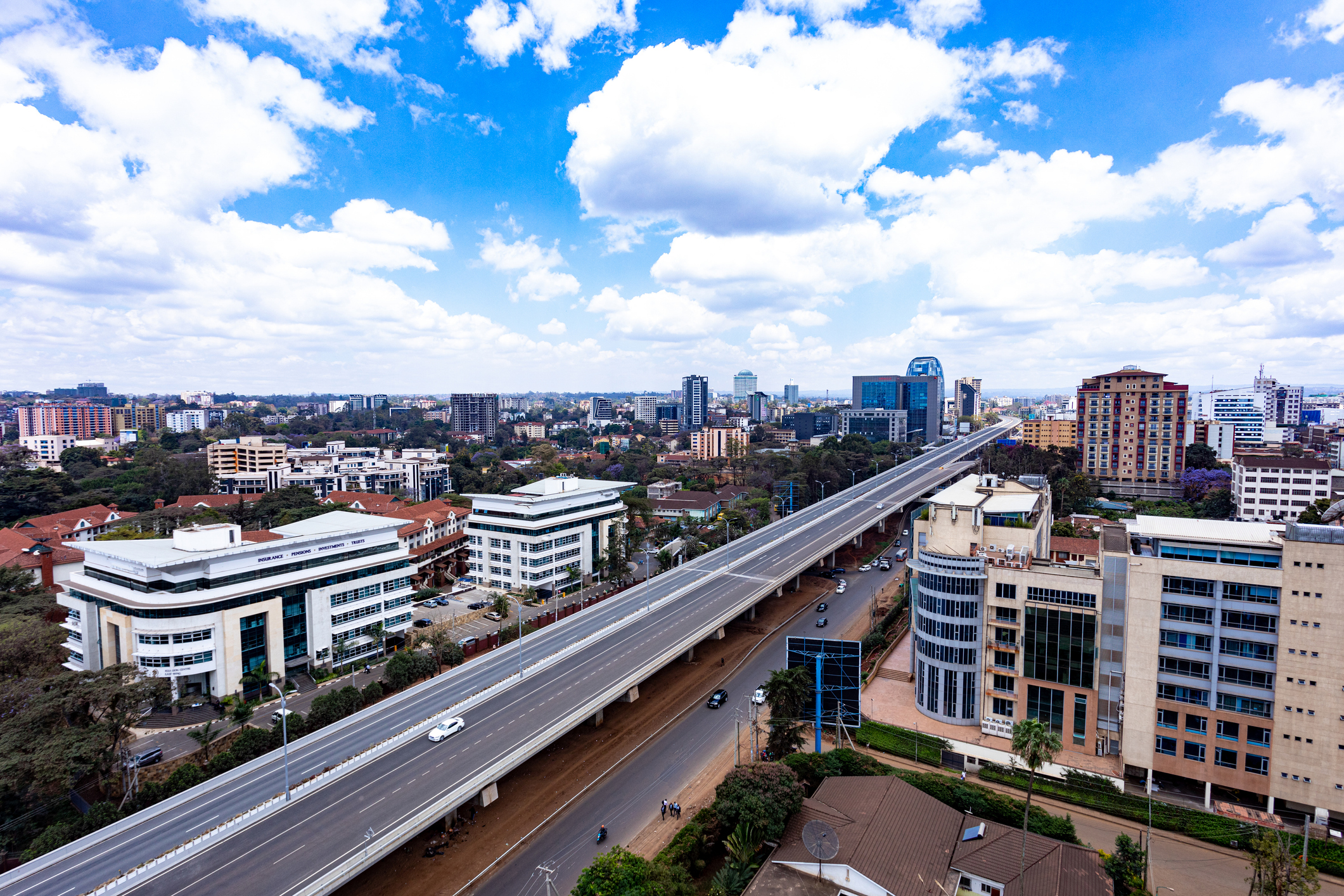
Multi-Stakeholder Dialogue on Climate Risks and Adaptation Investments for the Nairobi–Mombasa Expressway Project
16 April 2024
Nairobi, Kenya
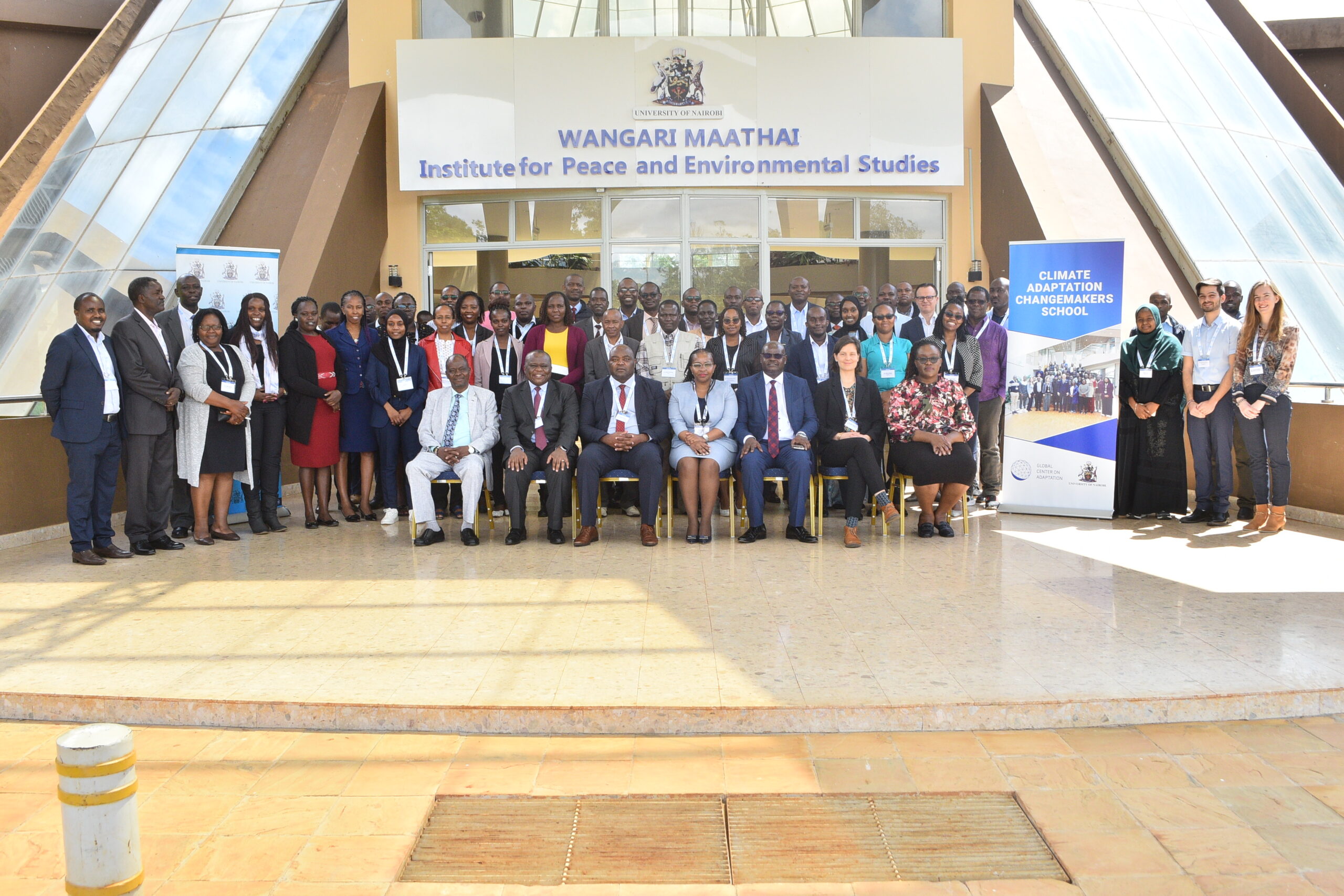
Climate Adaptation Changemakers School
25 March 2024
Nairobi, Kenya

Masterclass on Climate- Resilient Infrastructure PPP
14 October 2023
Bangladesh
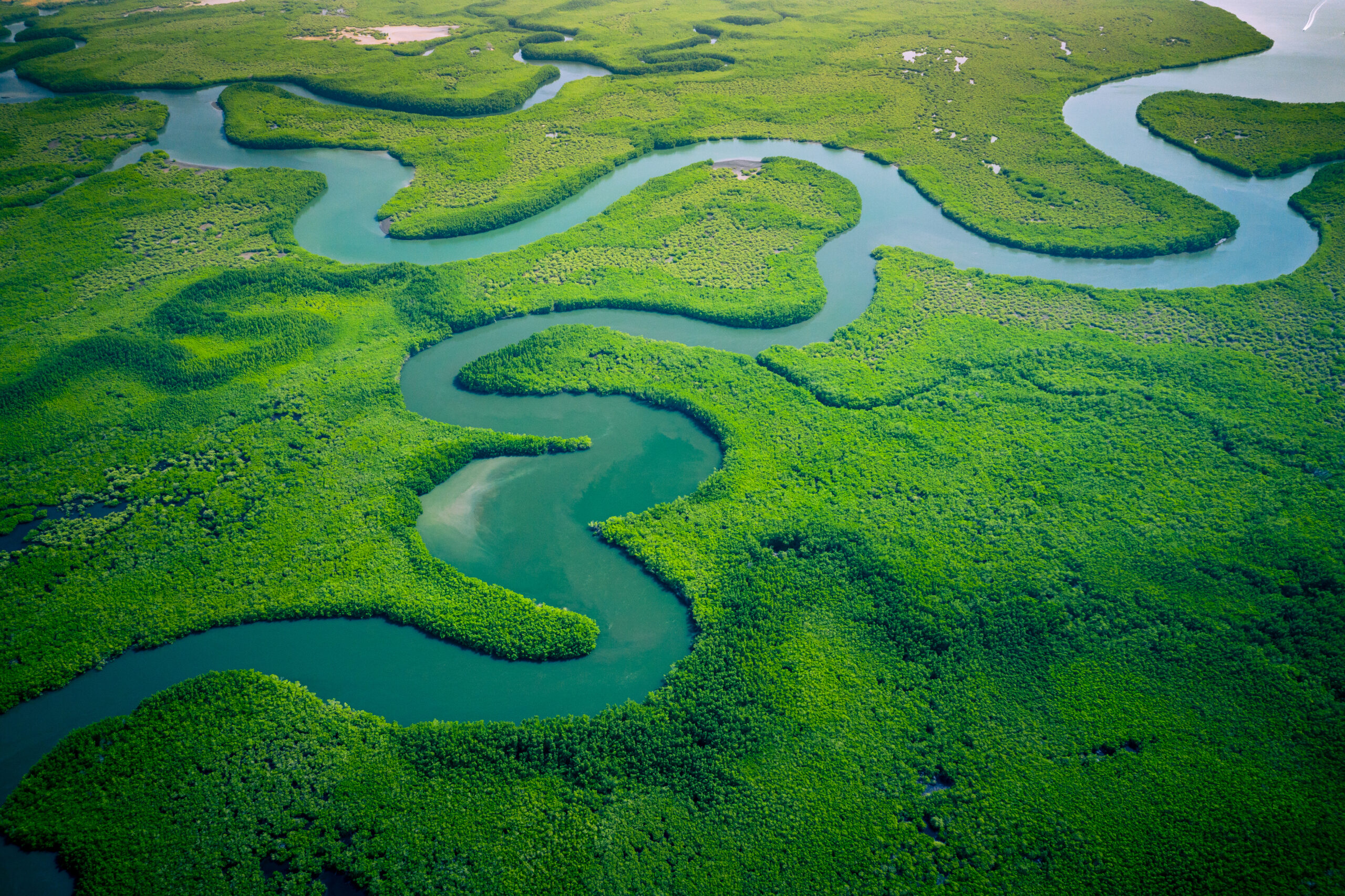
Stakeholder Workshop: Enhancing Coastal Resilience Through Nature-Based Solutions
26 September 2023
Dhaka, Bangladesh
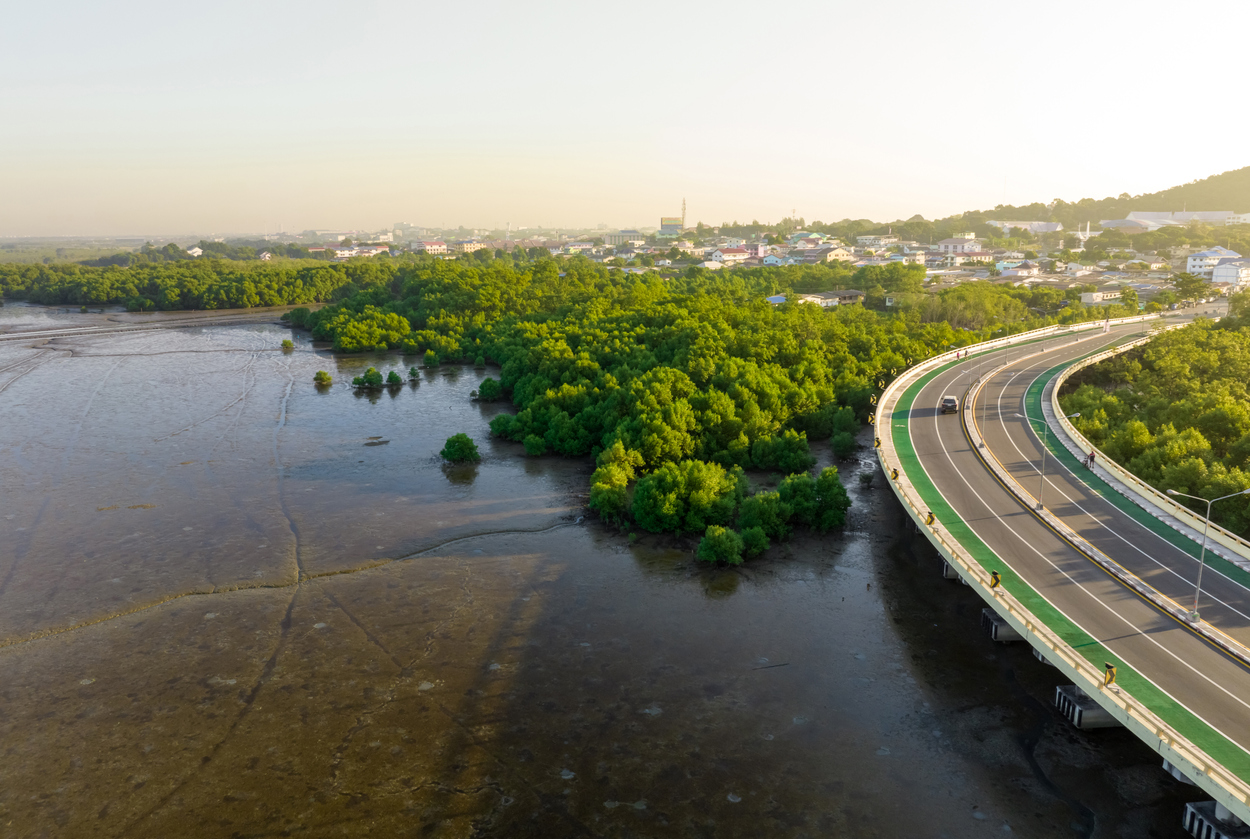
Nature-Based Solutions and Urban Climate Resilience: Global Experiences and Local Actions
31 August 2023
Incheon City, Republic of Korea
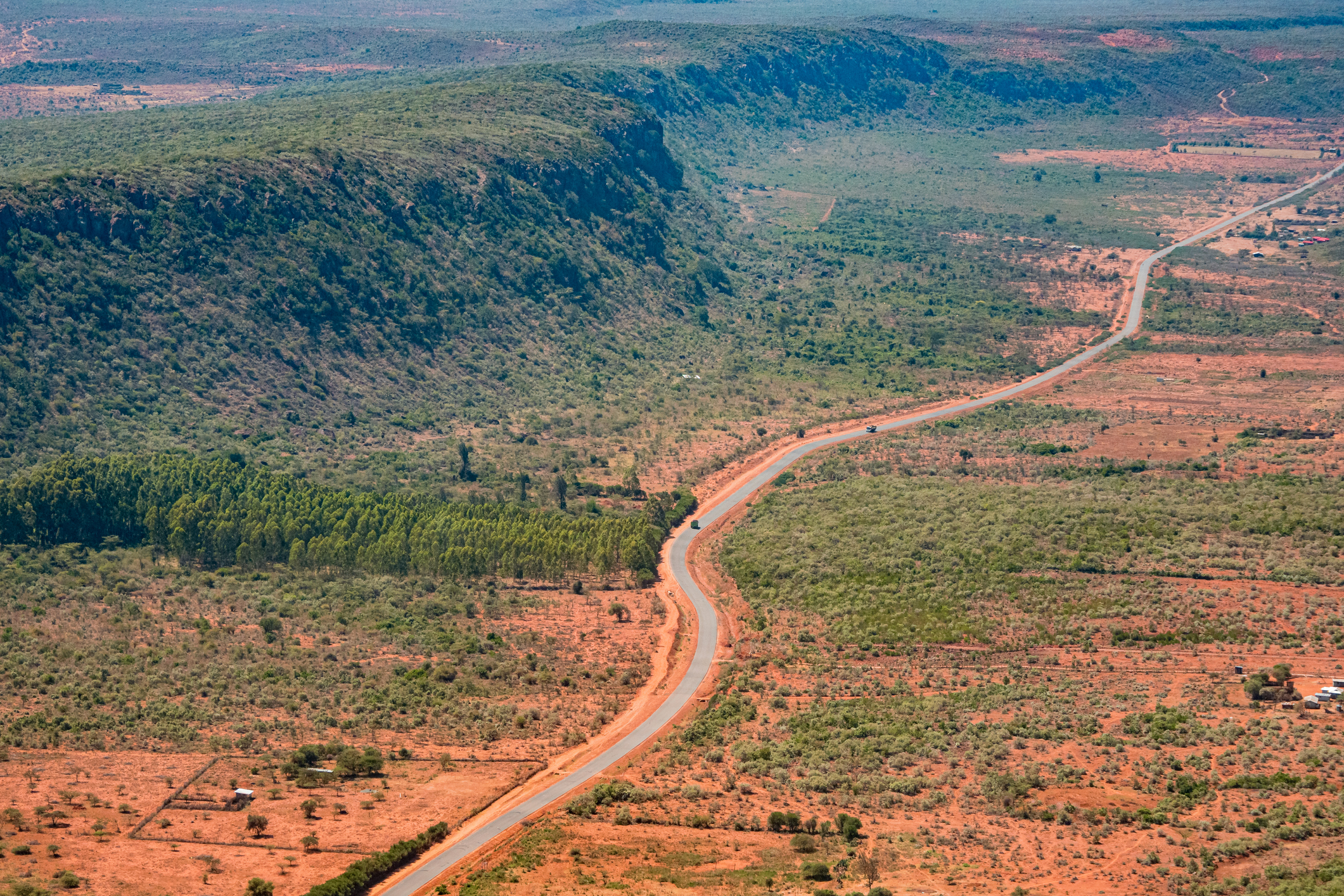
Dialogue on Climate Risks in Investments: Kenya Lesseru – Kitale and Morpus – Lokichar Road Upgrading Project
23 June 2023
Global
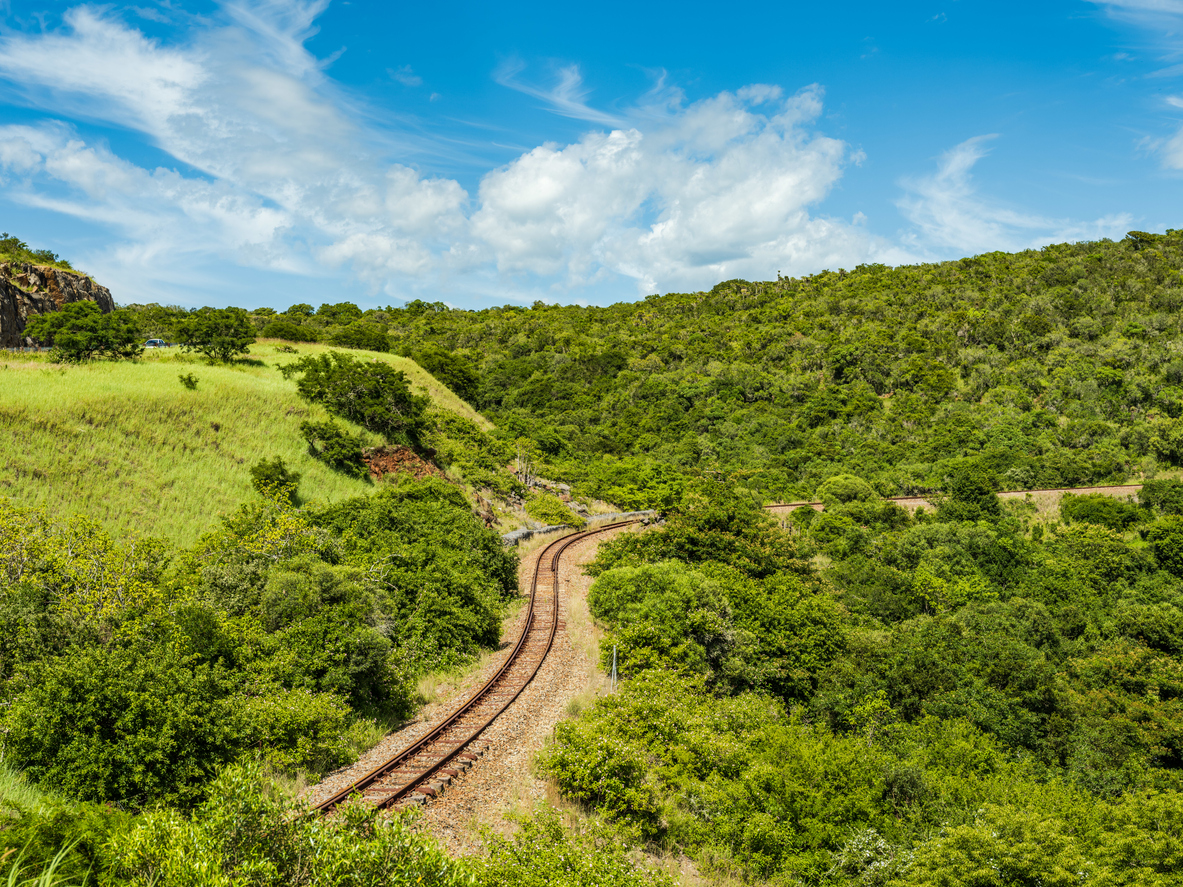
Dialogue on Climate Risks in Investments: Kampala-Malaba Meter-Gauge-Railway
21 June 2023
Global
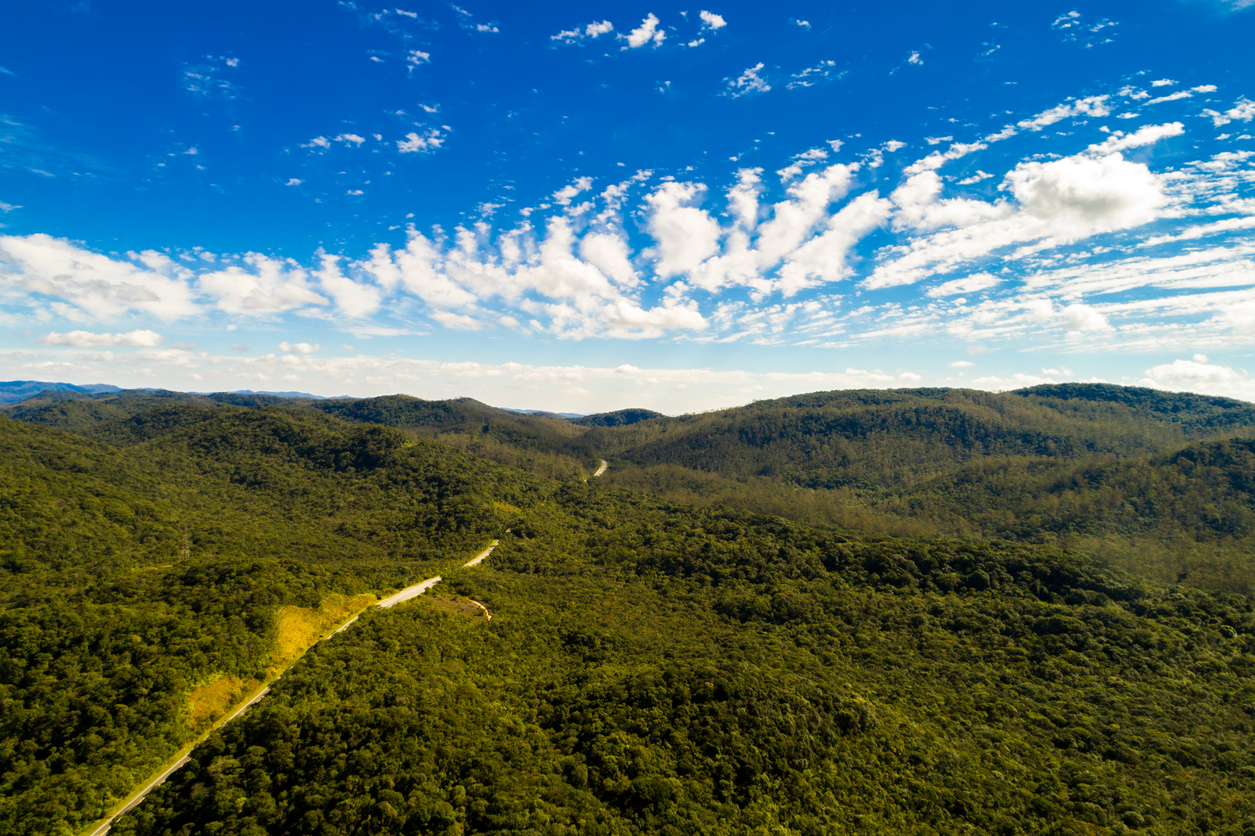
Dialogue on Climate Risks in Investments: Transgabonaise Road PPP Project
20 June 2023
Hybrid
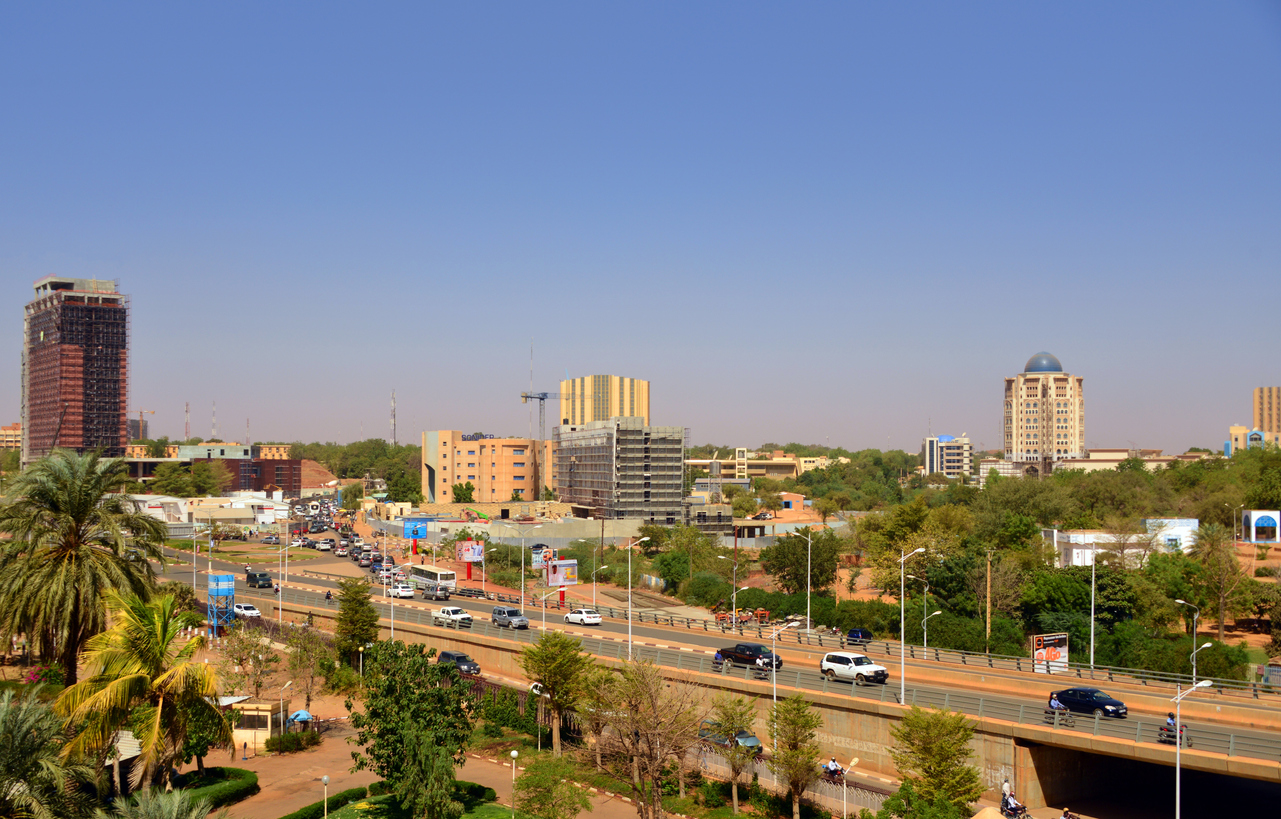
Dialogue on Climate Risks in Investments: WBG Southern Niger Connectivity Road
19 June 2023
Hybrid

Multi-Stakeholder Climate Risk Dialogue: Kenya-South Sudan link road refurbishment project
25 April 2023
Nairobi, Kenya

Masterclass for Scaling Up Climate-Resilient Infrastructure Public-Private Partnerships in Africa
25 April 2023
Global

Multi-Stakeholder Dialogue on Climate Risk Assessment and adaptation options prioritization for the Transgabonaise road corridor PPP project
19 April 2023
Global
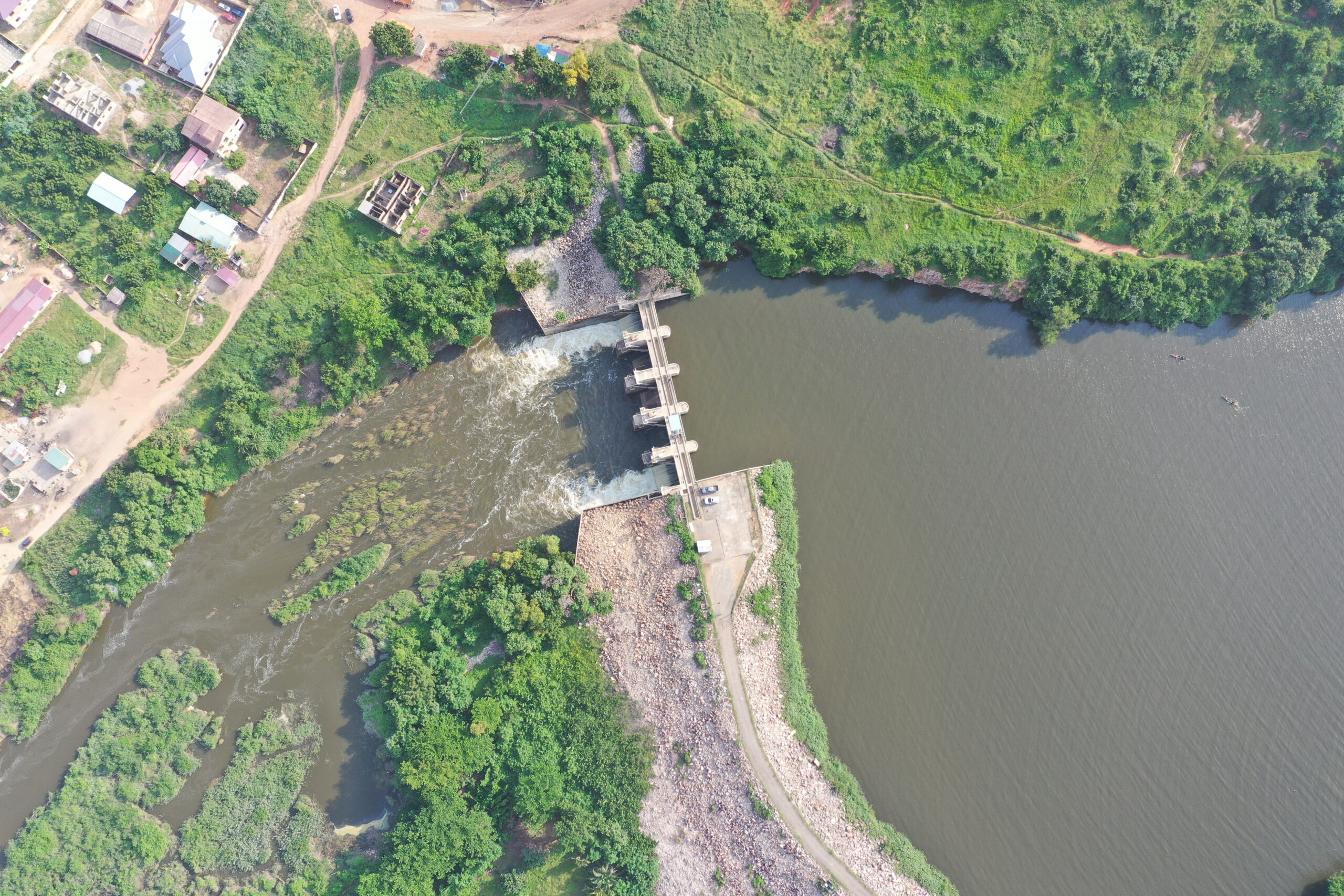
Masterclass on Mainstreaming Climate Resilience Into Public-Private Partnerships in Africa
16 March 2023
Accra, Ghana
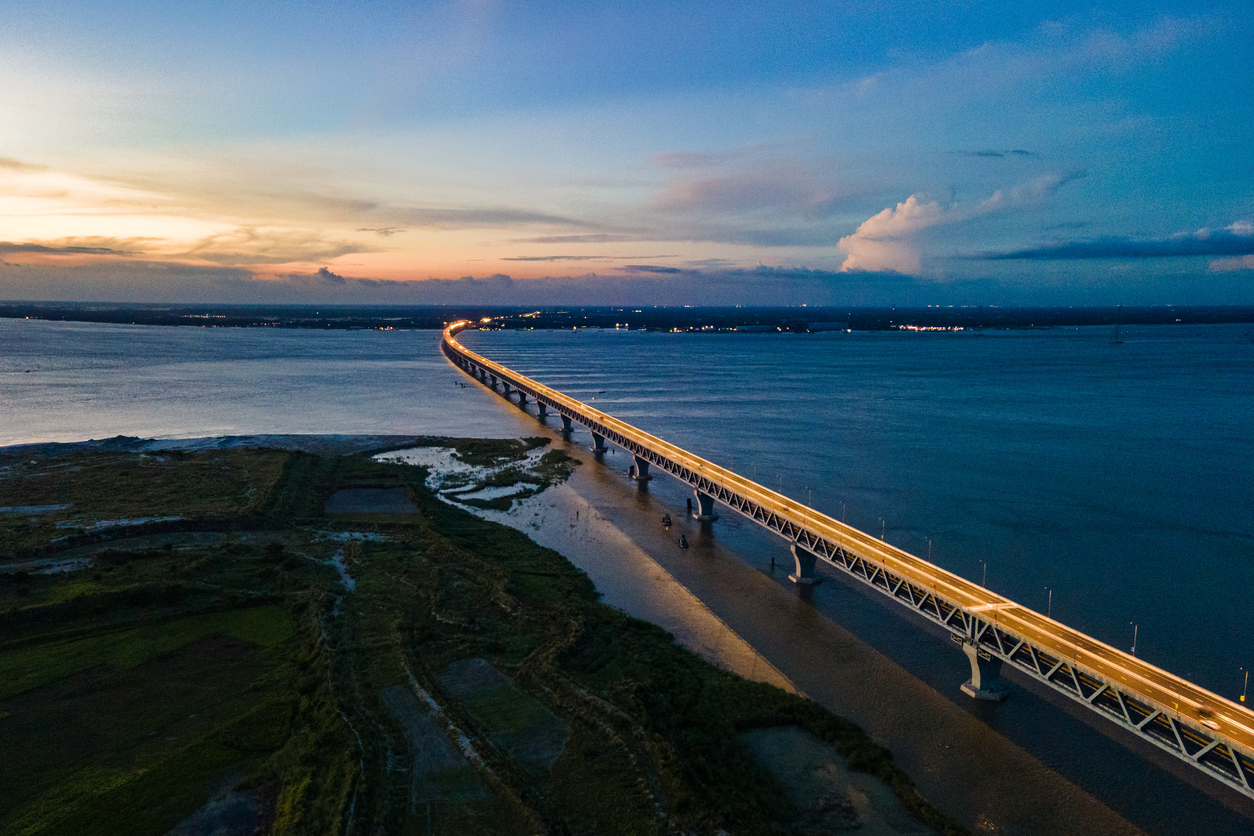
Workshop on Climate-Resilient Infrastructure
29 January 2023
BRAC Centre, 75 Mohakhali, Dhaka, Bangladesh
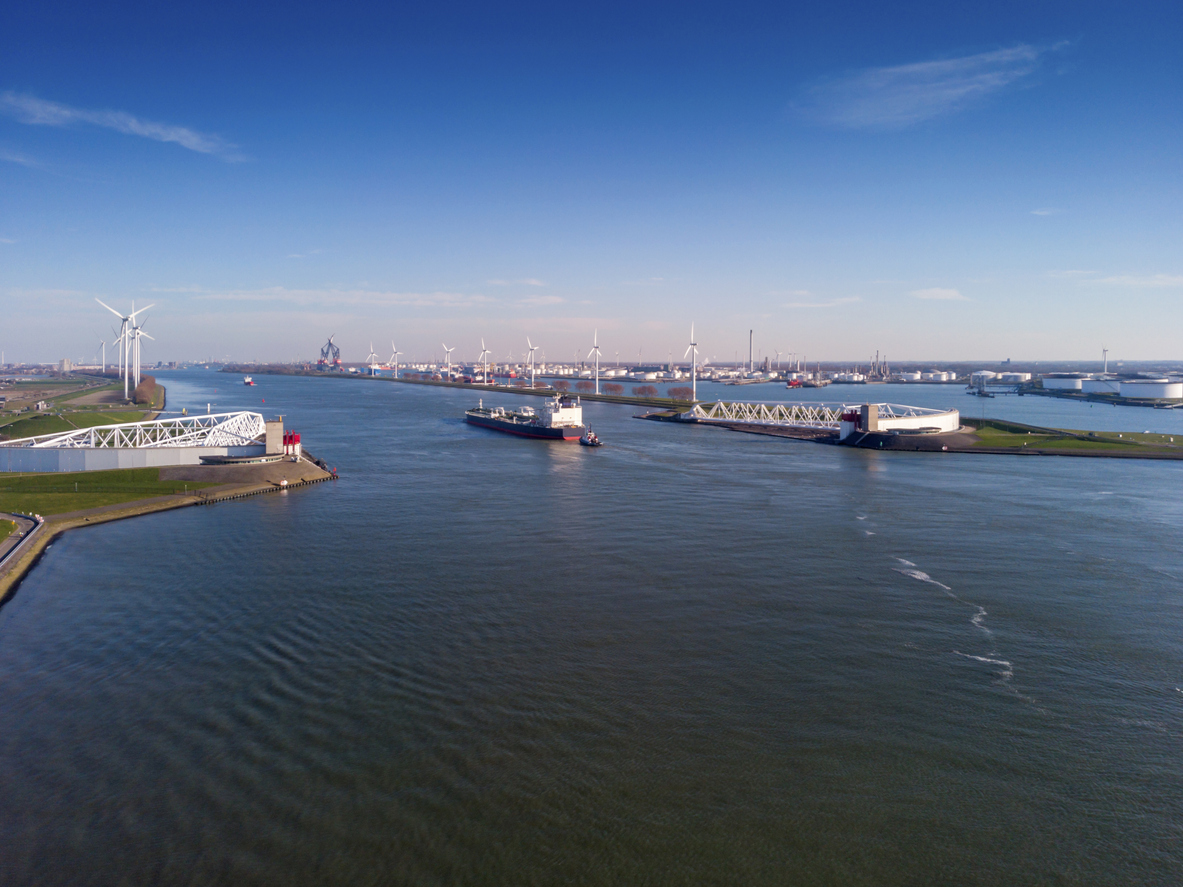
3rd Roundtable Exchange on Integrating Adaptation into Infrastructure Pathways
9 November 2022
Global
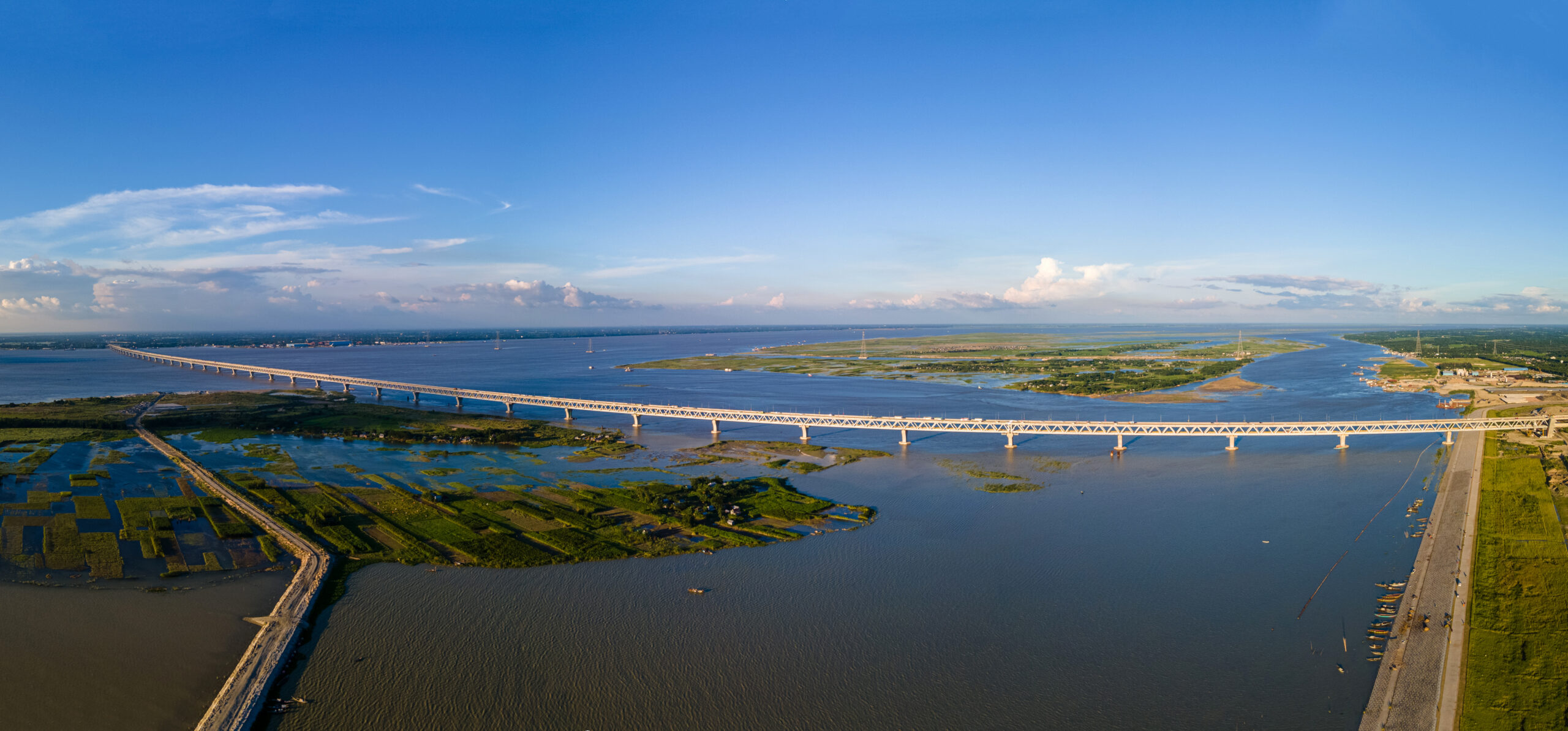
Inter-ministerial Dialogue on Climate-Resilient Infrastructure
22 September 2022
Department of Environment, Dhaka, Bangladesh

2nd Roundtable Exchange on Integrating Adaptation into Infrastructure Pathways
22 September 2022
Global
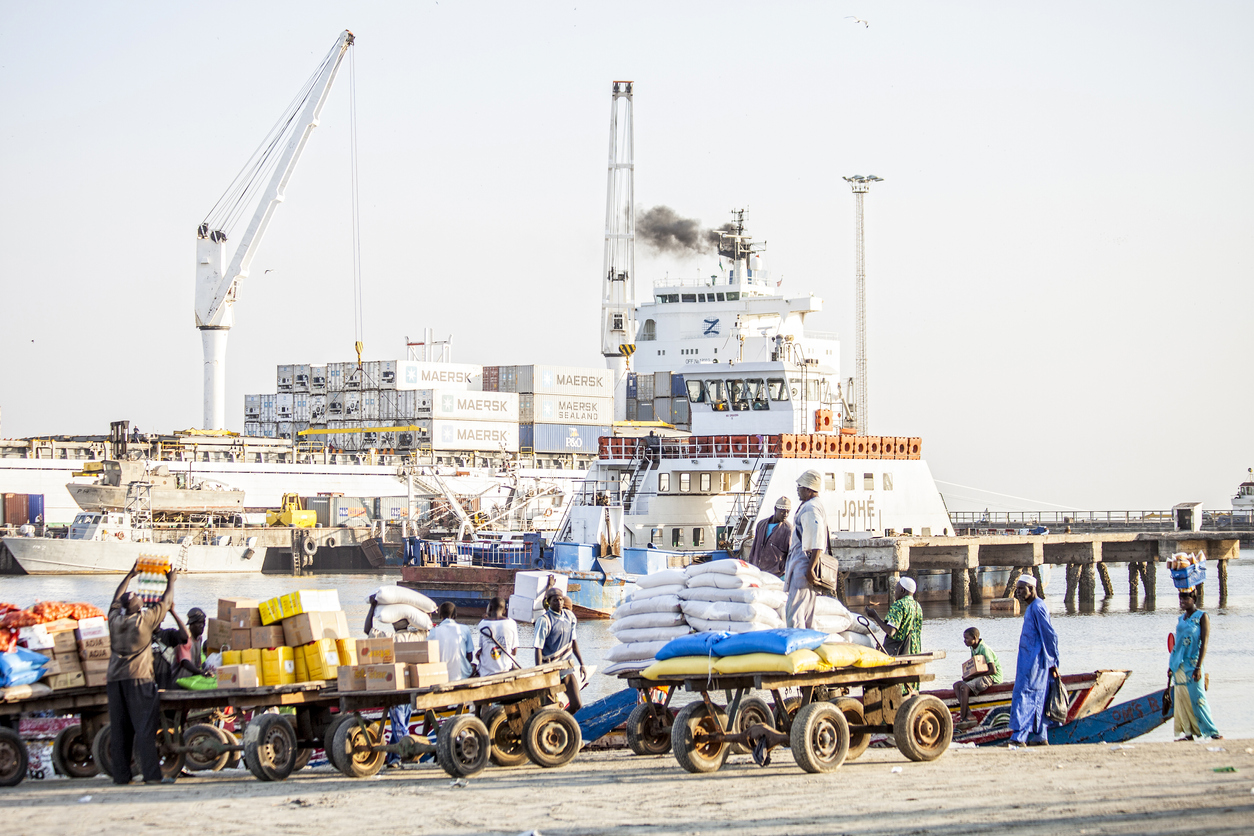
Multi-Stakeholder Climate Adaptation Dialogue for the Port of Banjul 4th Expansion Project
4 July 2022
Global
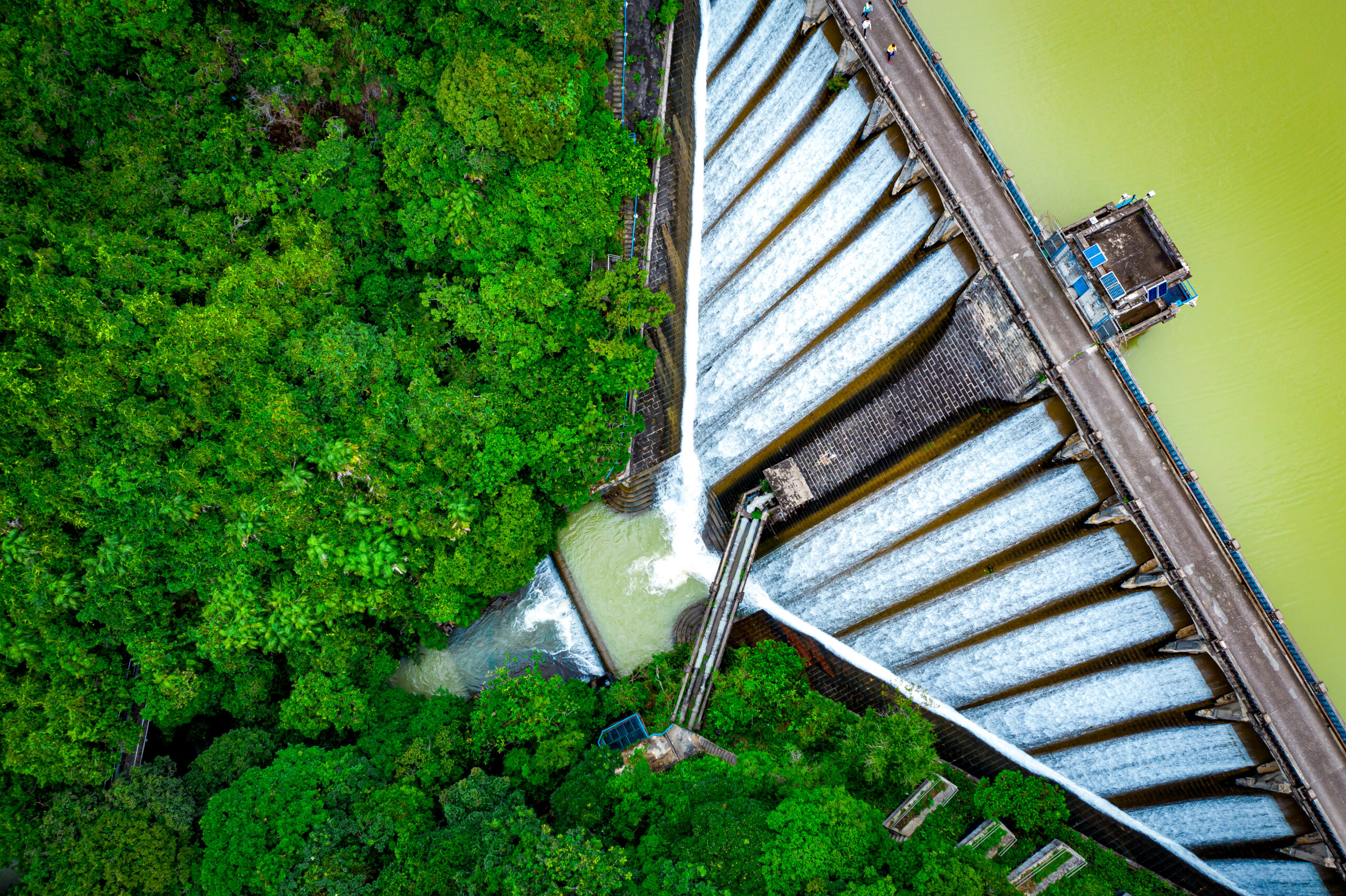
Roundtable Exchange on Integrating Adaptation into Infrastructure Pathways
30 June 2022
Virtual

Multi-Stakeholder Climate Risk Dialogue: Banjul Port 4th Expansion Project Climate Risk Assessment
30 May 2022
Global
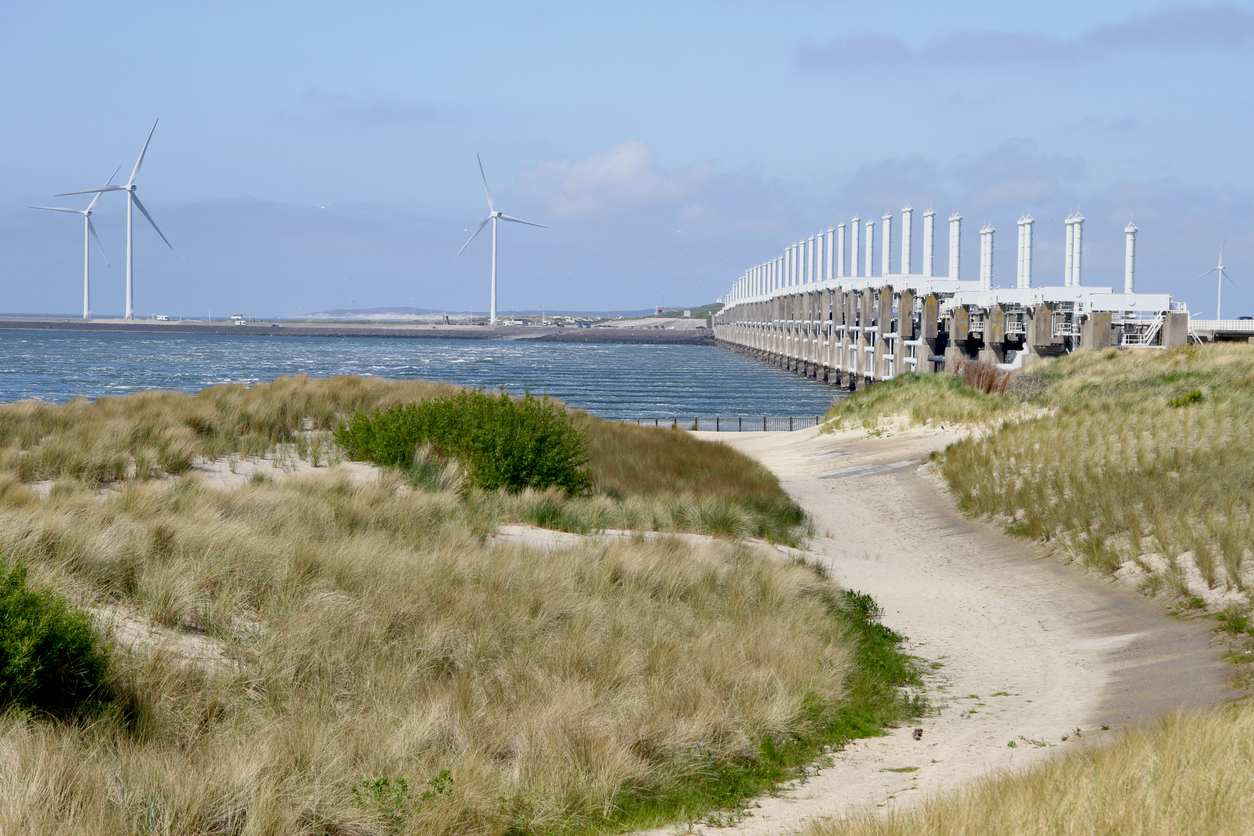
Accelerating Adaptation Investments for Resilient Infrastructure
6 May 2022
Global
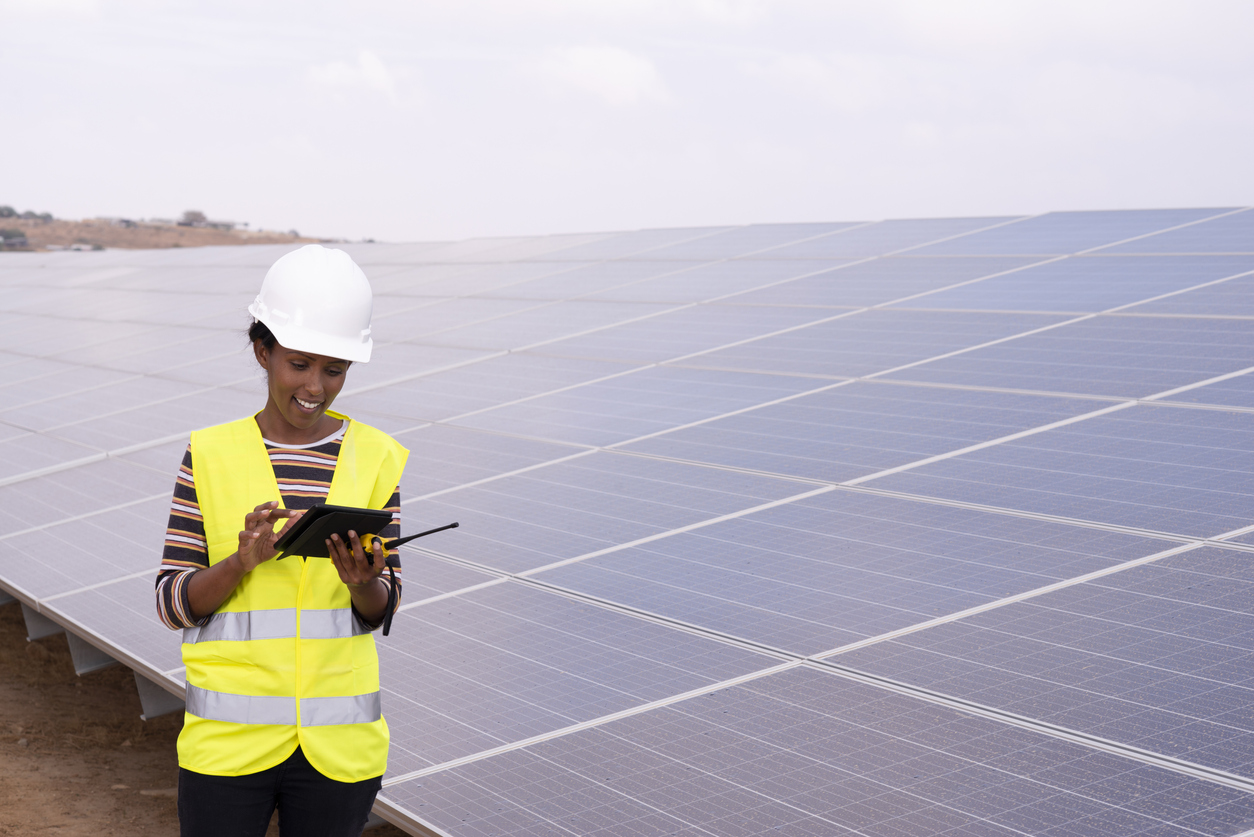
Adaptation Dialogues for Africa: Strengthening Climate Resilience of Infrastructure in Africa
31 March 2022
Global
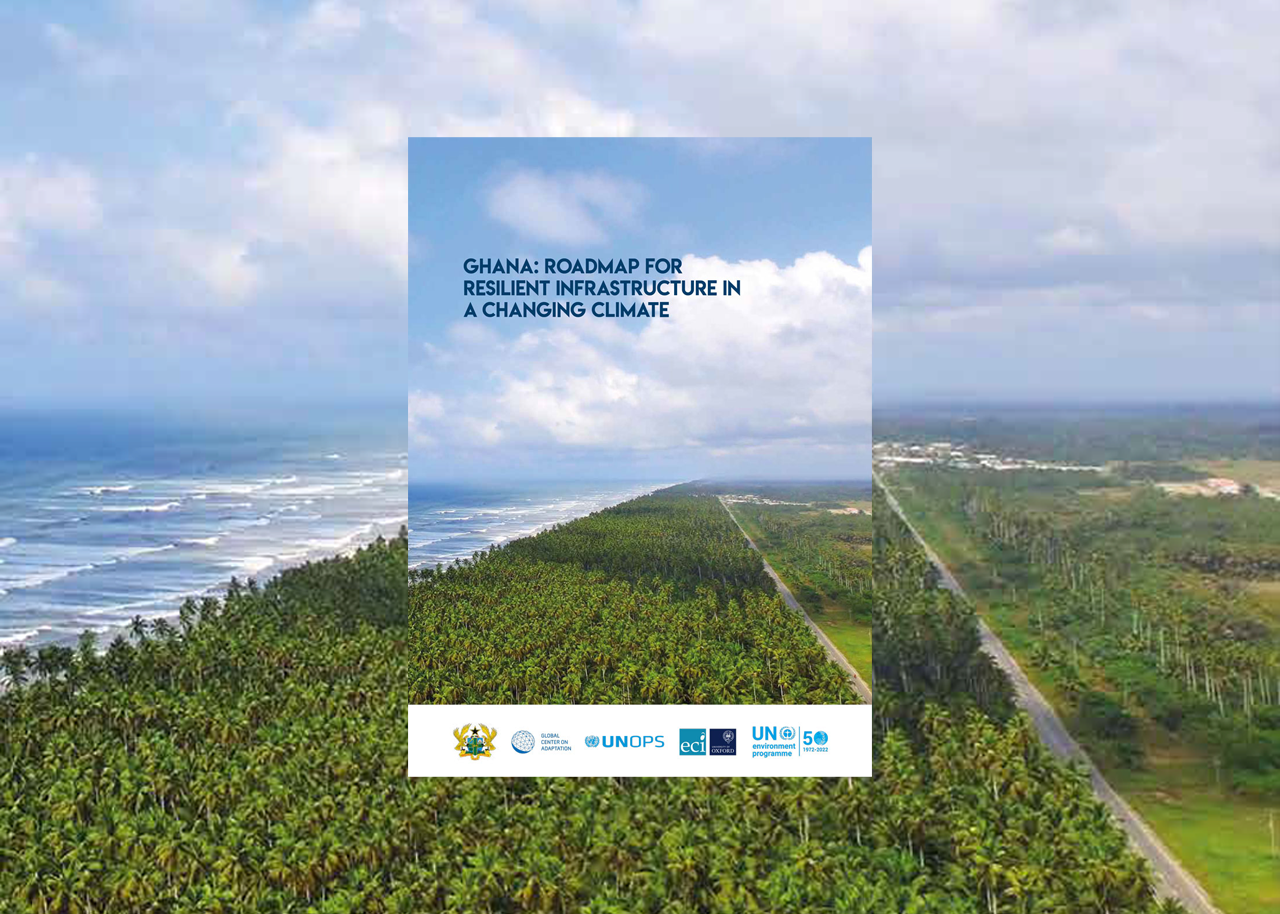
Financing Climate Resilient Infrastructure in Ghana: Ministerial Dialogue and Report Launch
24 March 2022
Accra, Ghana
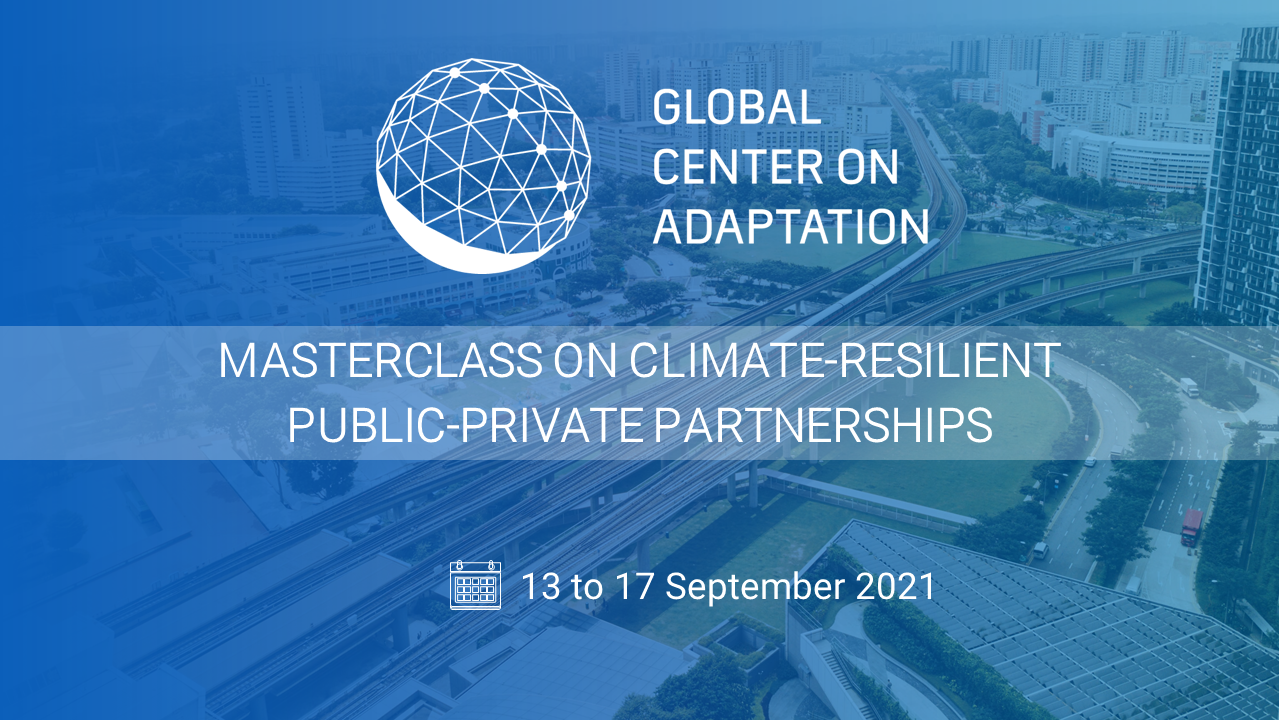
Masterclass on Climate-Resilient Public-Private Partnerships
13 September 2021
Global
